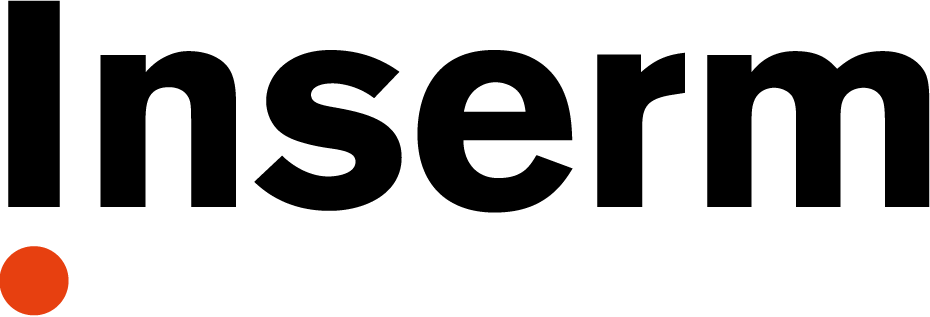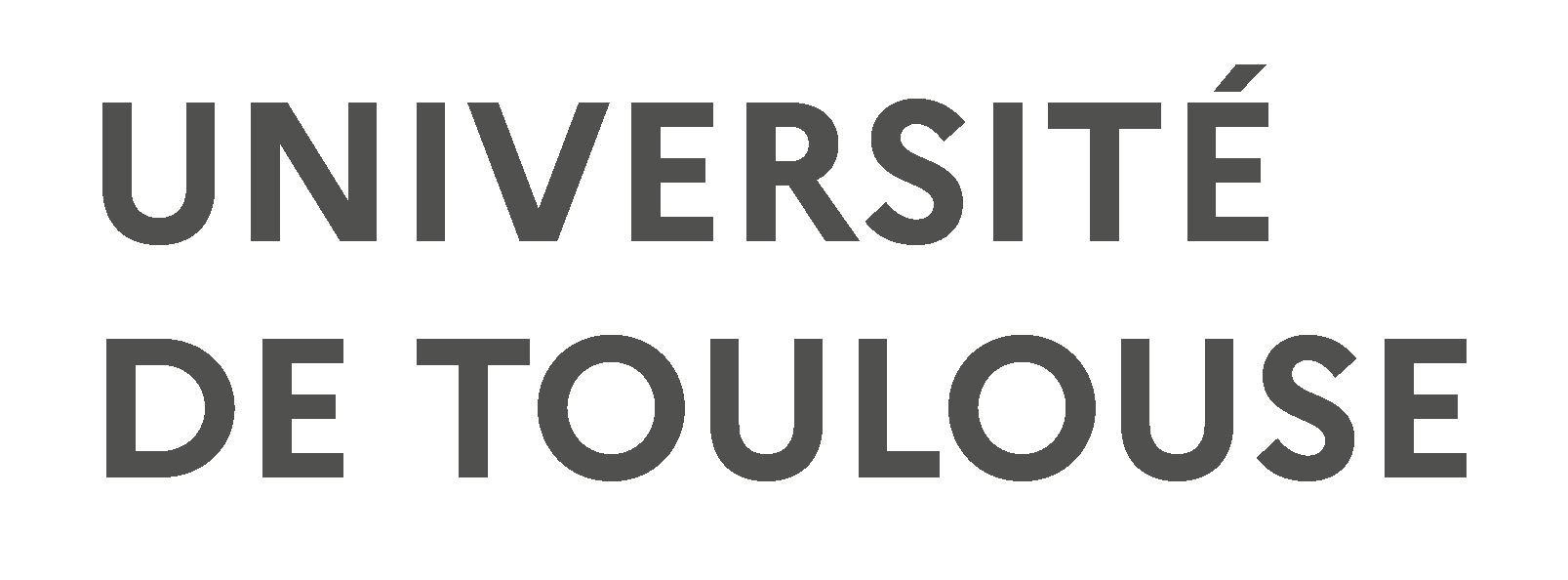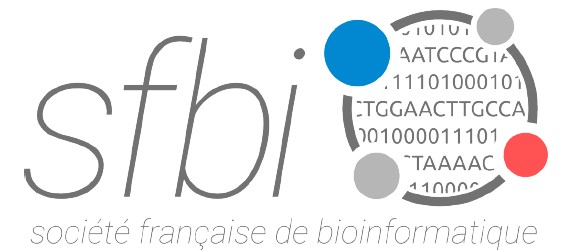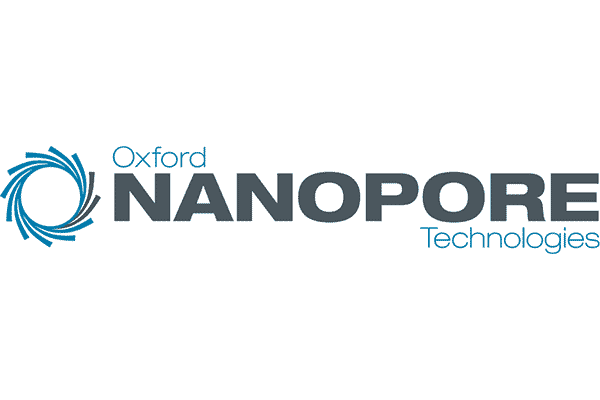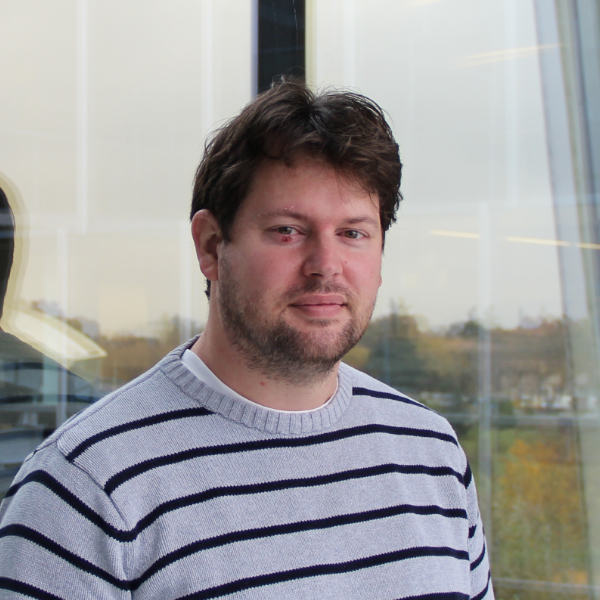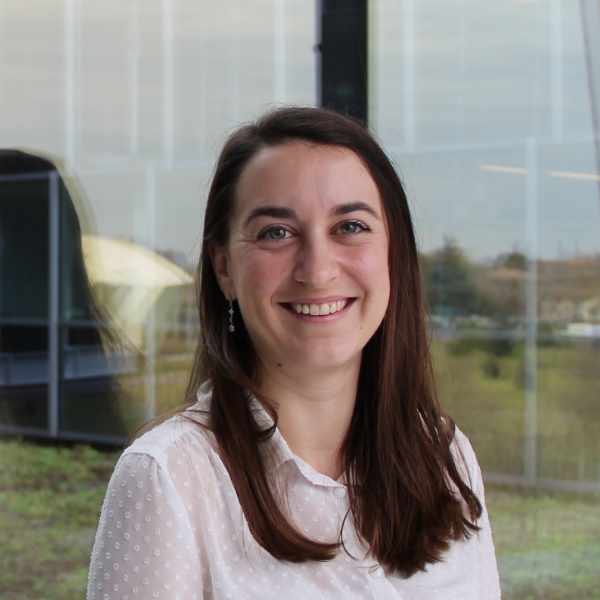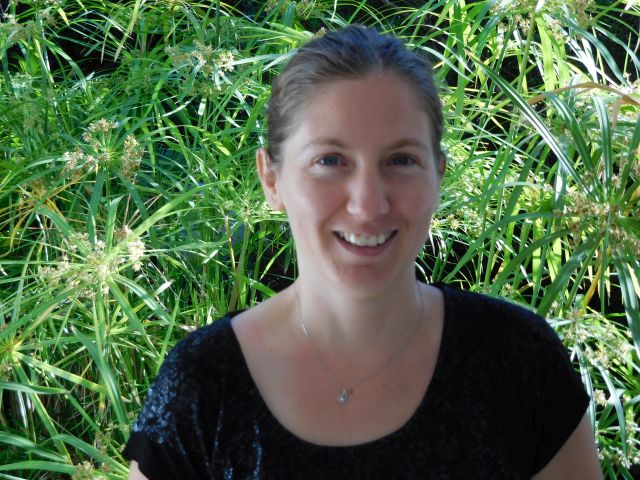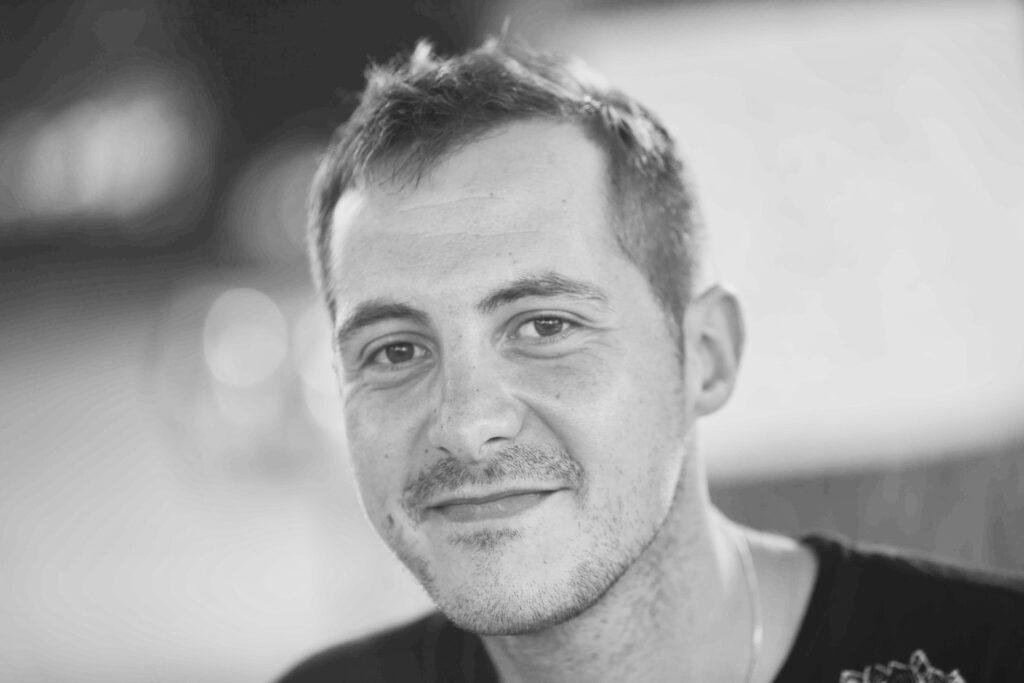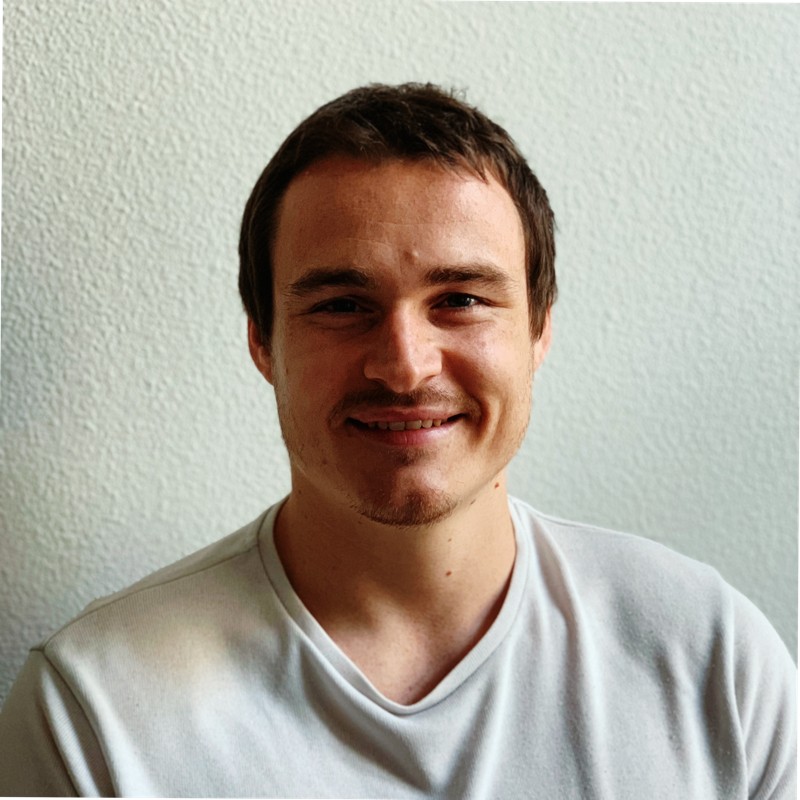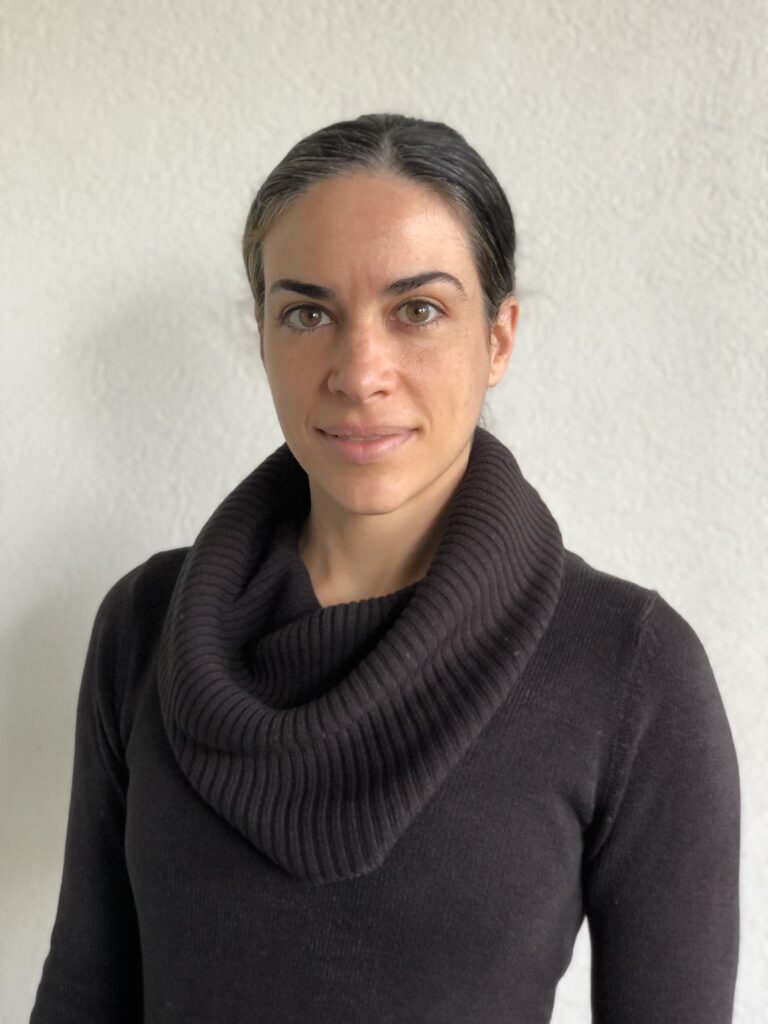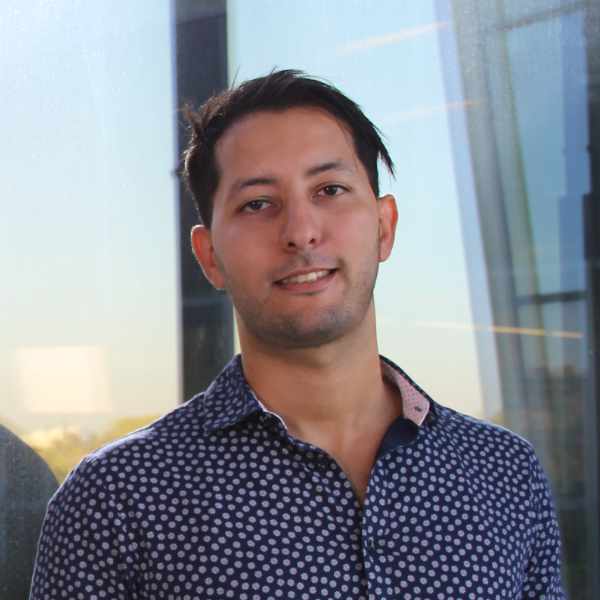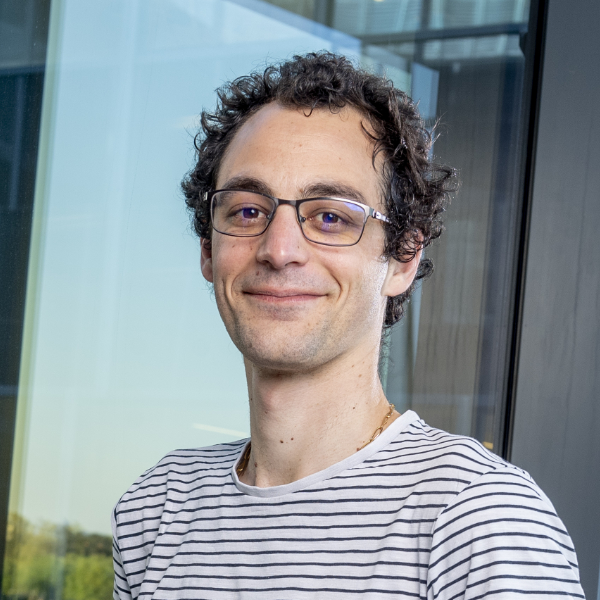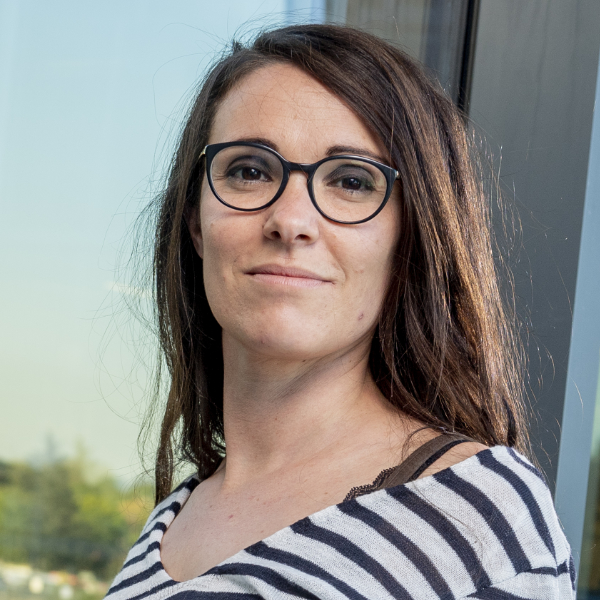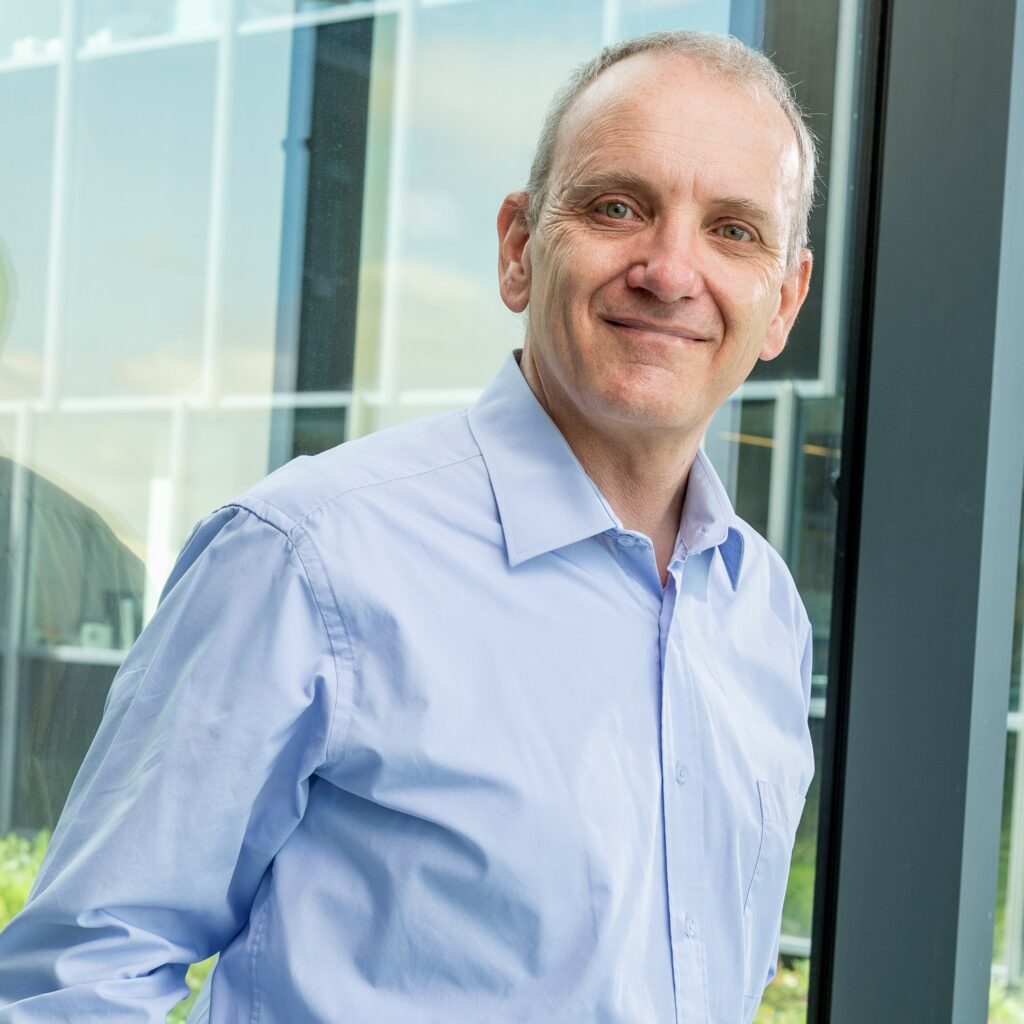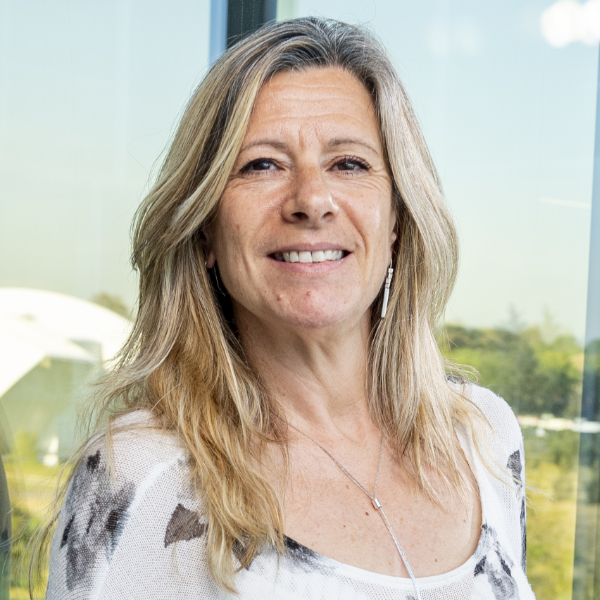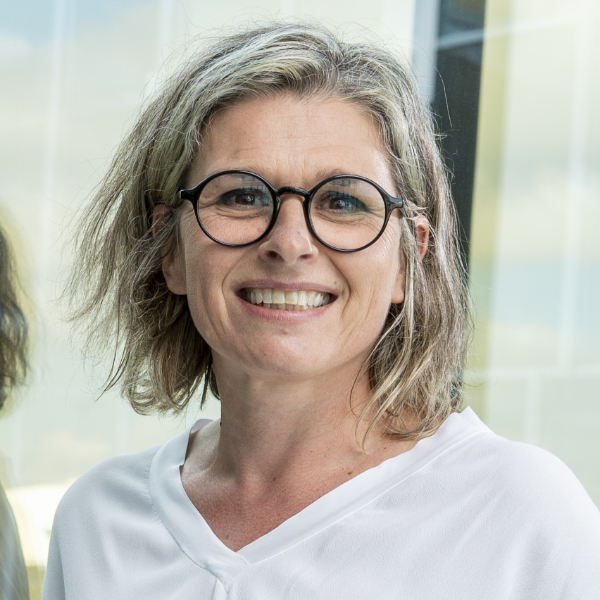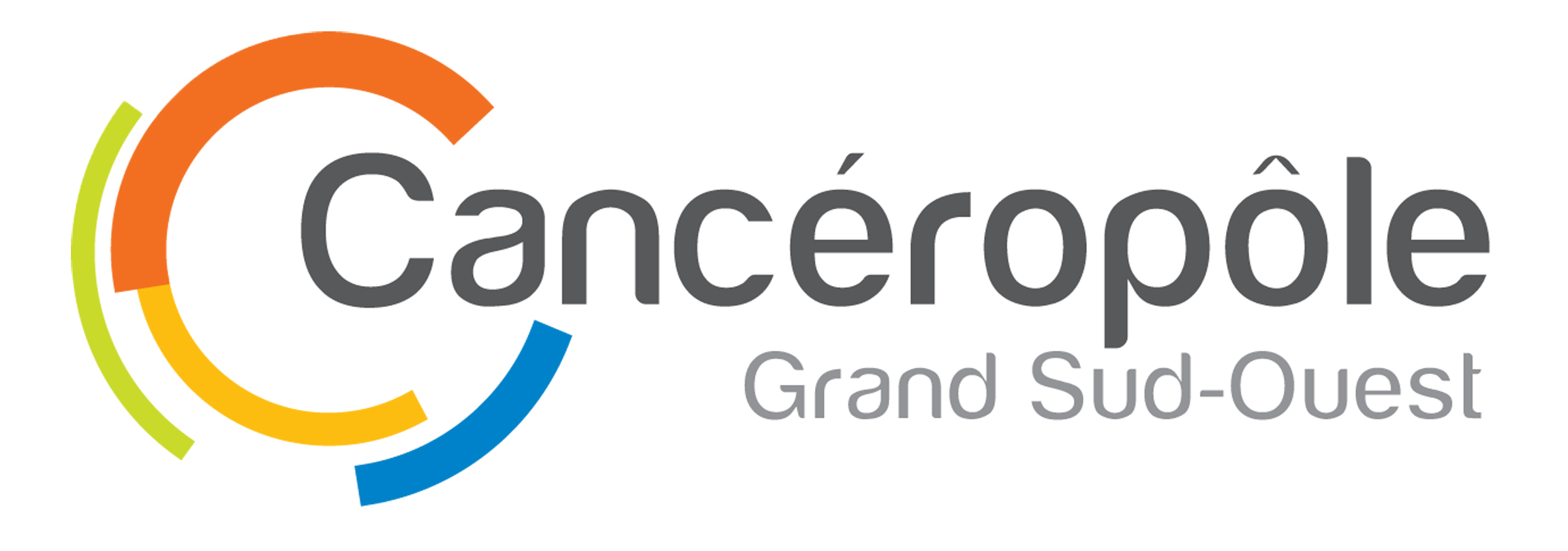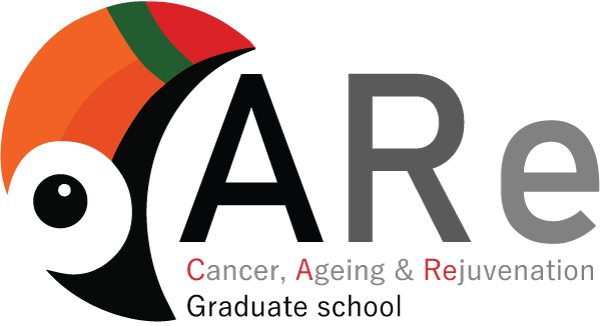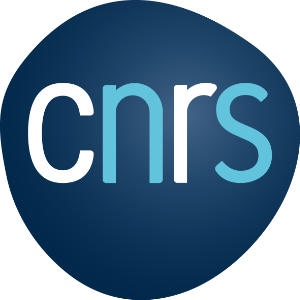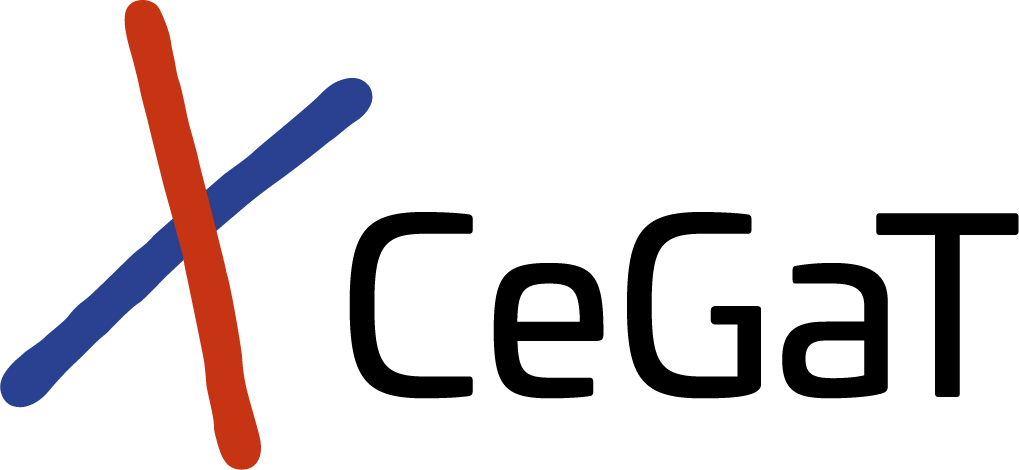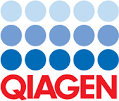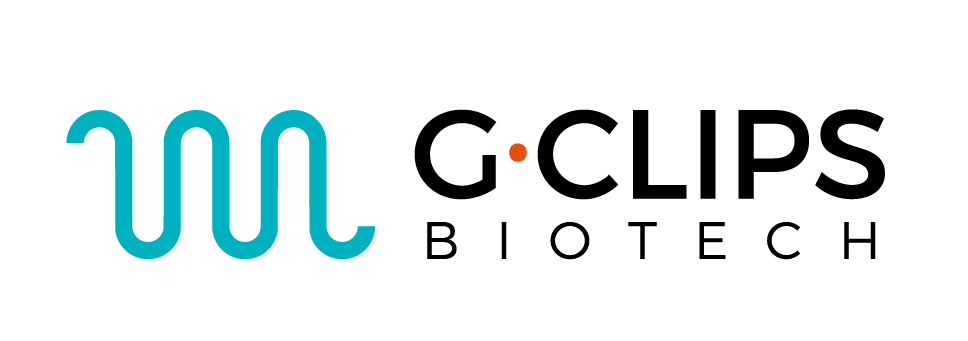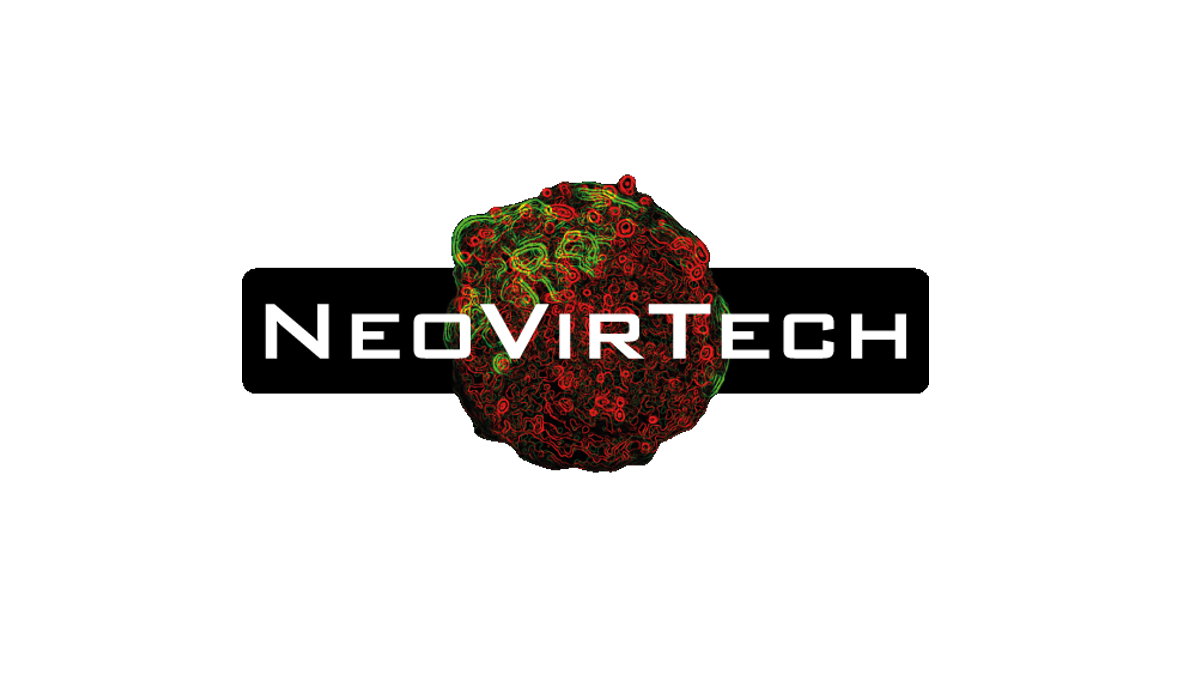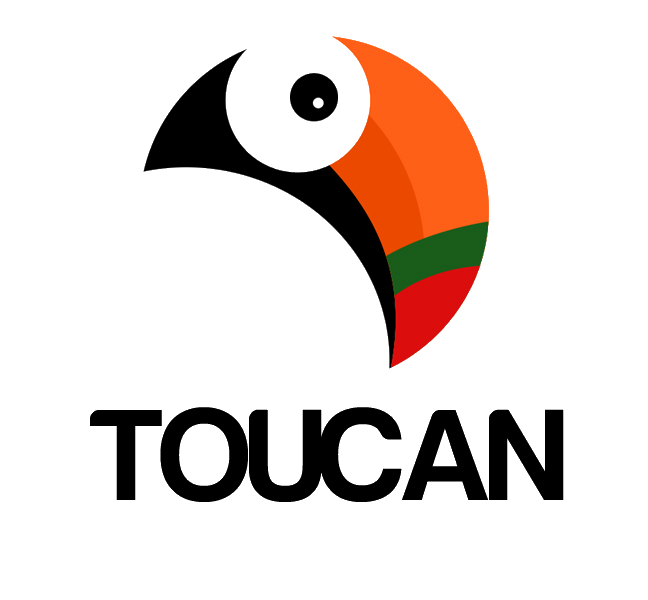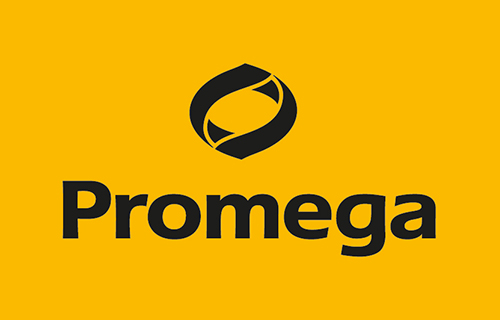1st Young Scientist Cancer Congress (YS2C)
New research strategies for cancer therapy – from bench to bedside
October 05, 2023 – Toulouse France
The CRCT postdocs association was created in 2022 by Benoît Aliaga, Chloé Bessière and Steffen Fuchs. It gathers the 31 postdocs who are currently present in our research center. We decided to organize the 1st Young Scientist Cancer Congress of the Cancéropôle Grand Sud Ouest (GSO) on the 5th October 2023 at the Oncopole, Toulouse.
Aim: The main goals of this day are to promote the work of the GSO postdocs and young clinician scientists, to network, and to optimize their career paths.
Public: To achieve our goals, we decided to open the conference to the whole scientific community of the GSO, which are researchers and clinicians of all career levels.
Organization: This day will alternate presentations by internationally renowned keynote speakers, presentations by postdocs from the GSO, an application-focused presentation by a leading single-cell sequencing company and a presentation from an editor of Nature Communications about scientific publishing and peer-reviewing.
The first young scientist cancer congress in Toulouse was an enormous success!
Thank you for your participation in this first pioneer event! We would like to share some key numbers with you:
- >240 attendees
- 70 submissions for presentations
- >10.000€ of funding.
- 13 industry sponsors
This was completely unexpected for a first edition!
A great organization committee of postdocs from Toulouse, Bordeaux, and Montpellier was formed that will foster new friendships.
Thanks to amazing keynotes by Manel Esteller, Francesco Iorio, Olivier Delattre and Kathryn McGinnis the lecture hall was packed as almost never before (unpublished personal communication with many attendees).
Fantastic discussions happened in front of the many posters! We had some last minute presenters that we were very happy to accommodate. Thanks also to all the clinicians that assisted!
A big “Thank You” goes to our sponsors, industry, and academic! Only because of you, this event could actually happen! Thank you to all the many volunteers that helped us! You did a tremendous job!
We’re looking forward to the second edition! Please get in touch (liste.crct-postdocday@inserm.fr), if you would like to be part of it as an organizer, sponsor or just to share ideas and thoughts! Stay tuned!
Some impressions of the day:
(Videos, Photos of the event are as well on Twitter/X and LinkedIn).
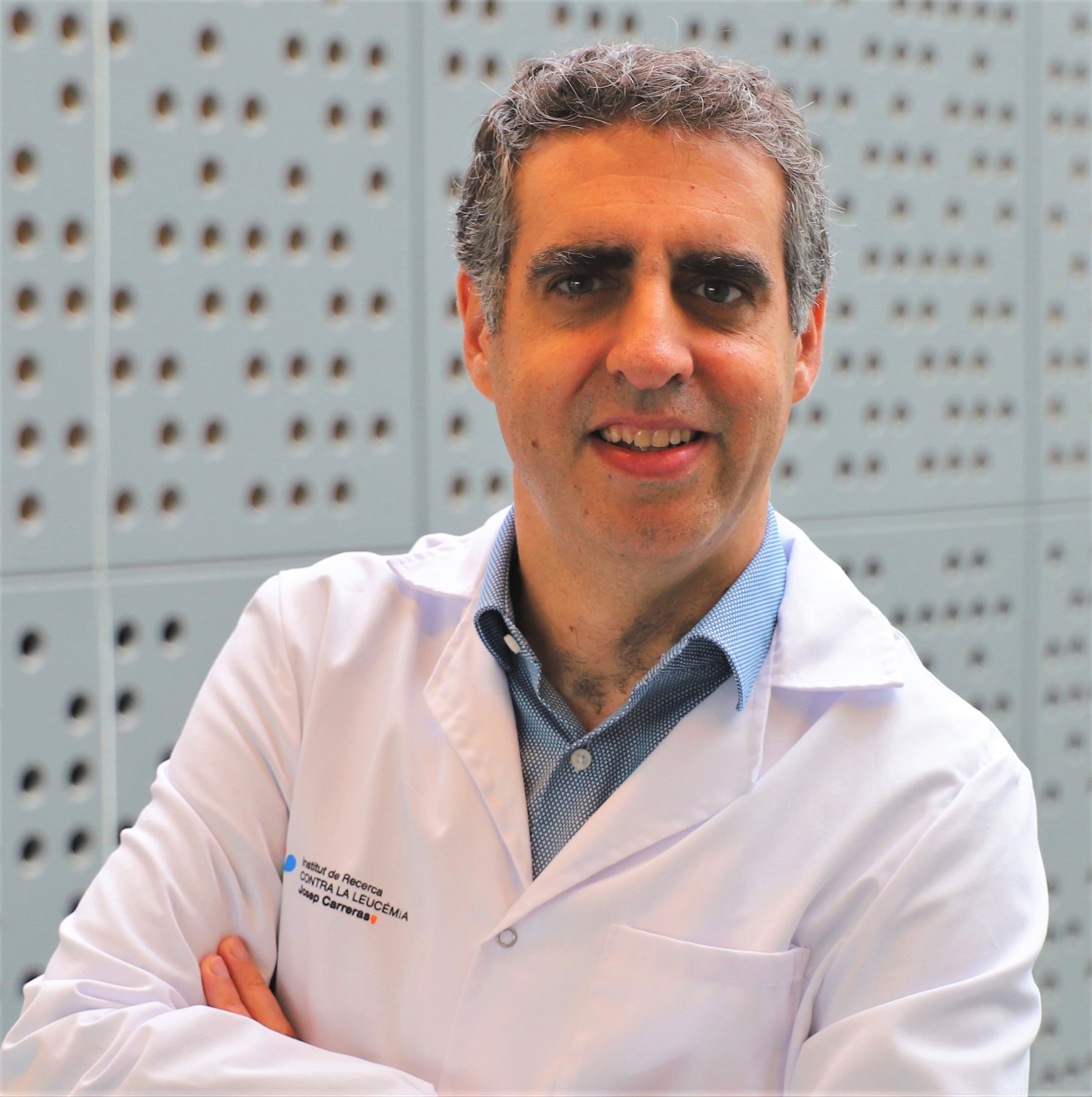
Invited keynote speaker : Manel Esteller (Josep Carreras Leukaemia Research Institute, Barcelona, Spain)
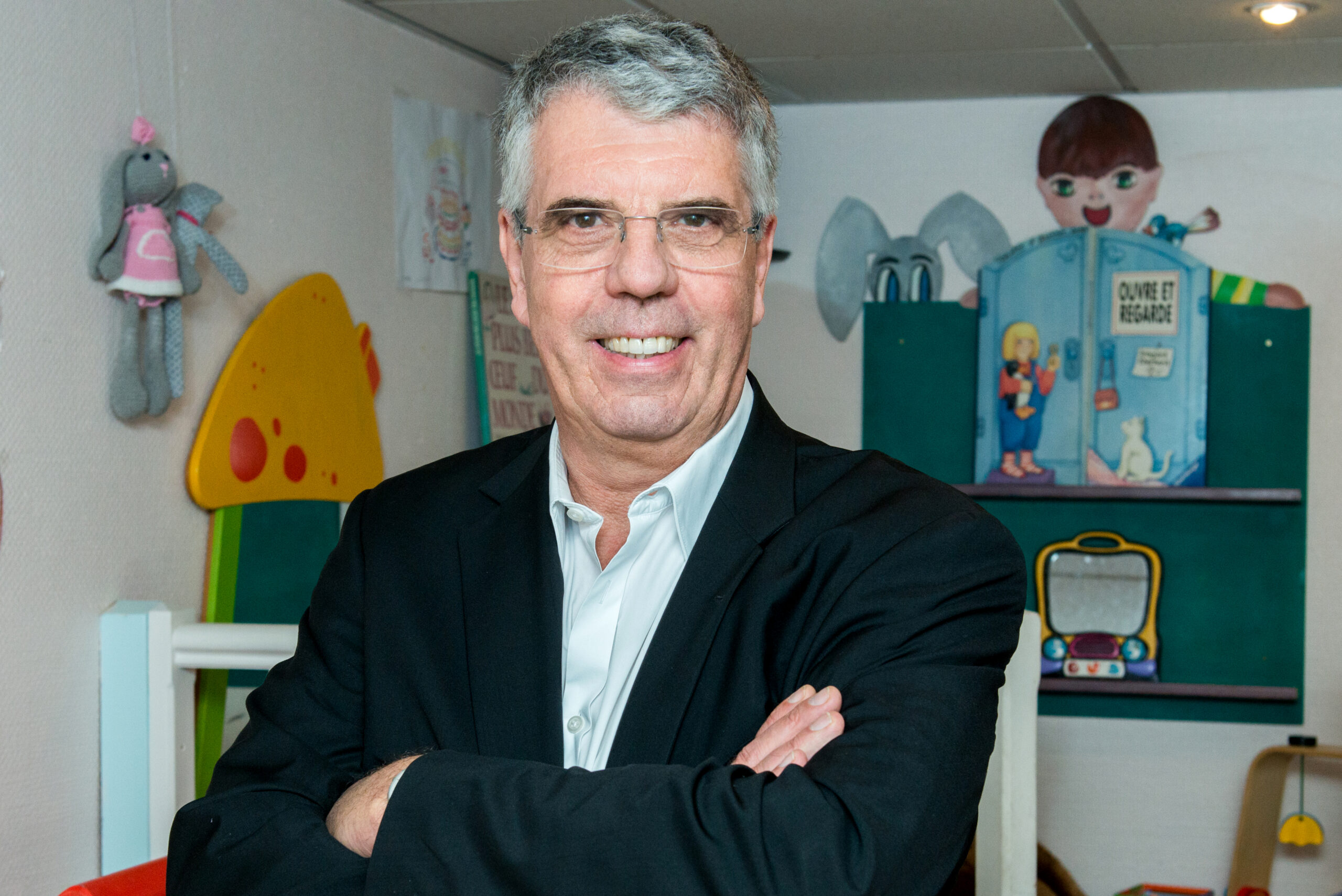
Invited keynote speaker : Olivier Delattre, Institute Curie, Paris, France
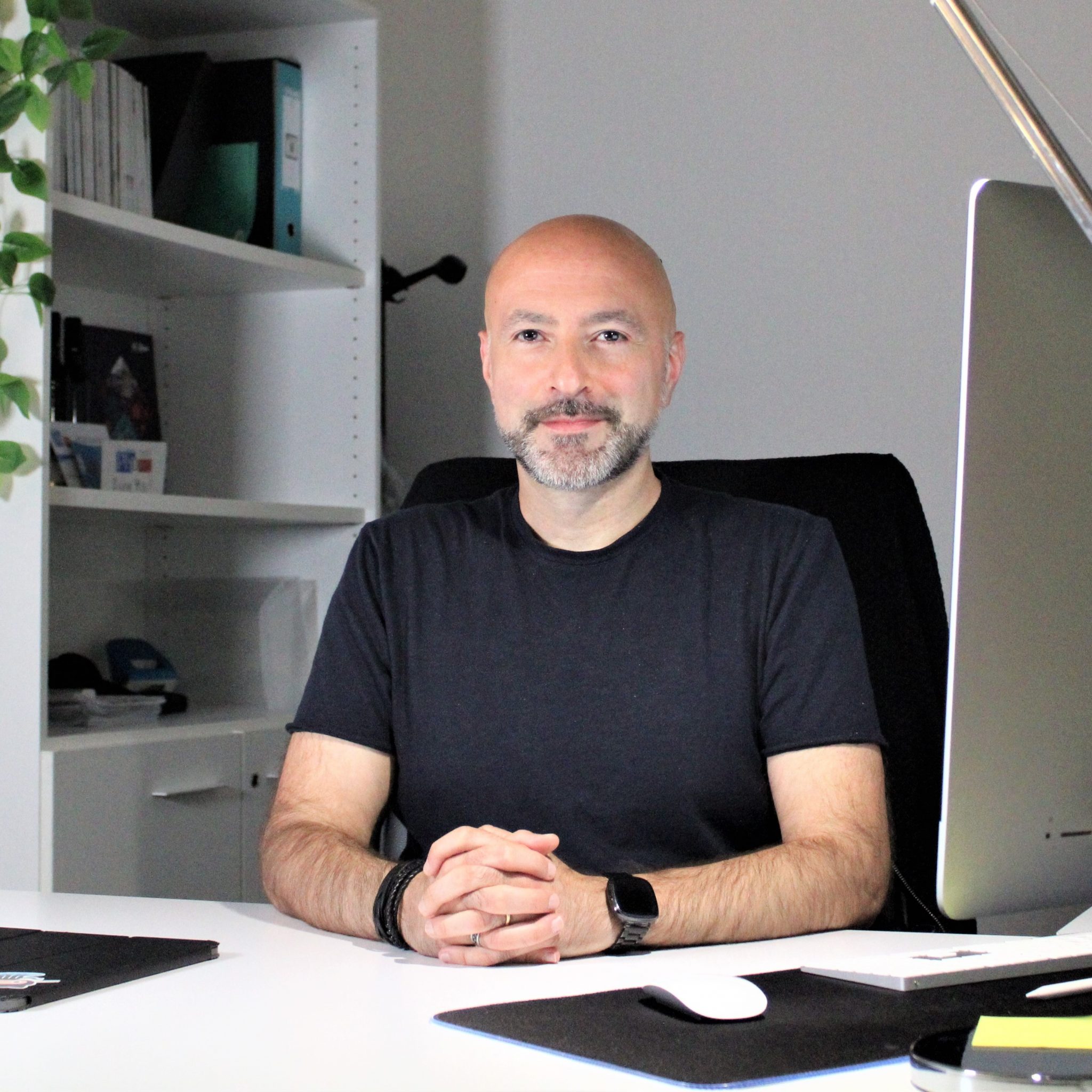
Invited keynote speaker : Francesco Ioro, Wellcome Sanger Institute, UK; Human Technopole, Milano, Italy.
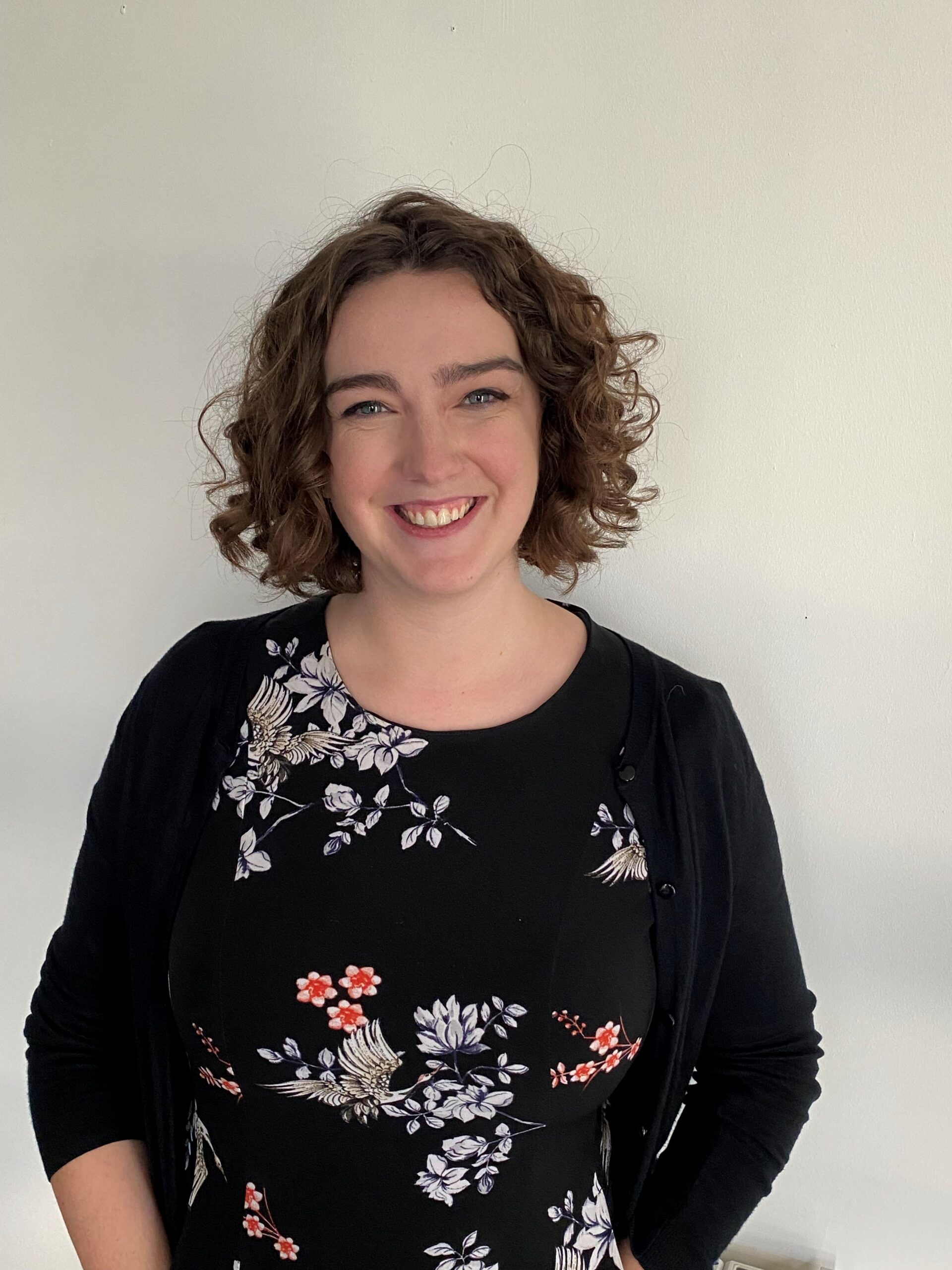
Invited keynote speaker : Kathryn McGinnis, Associate Editor, Nature Communications.
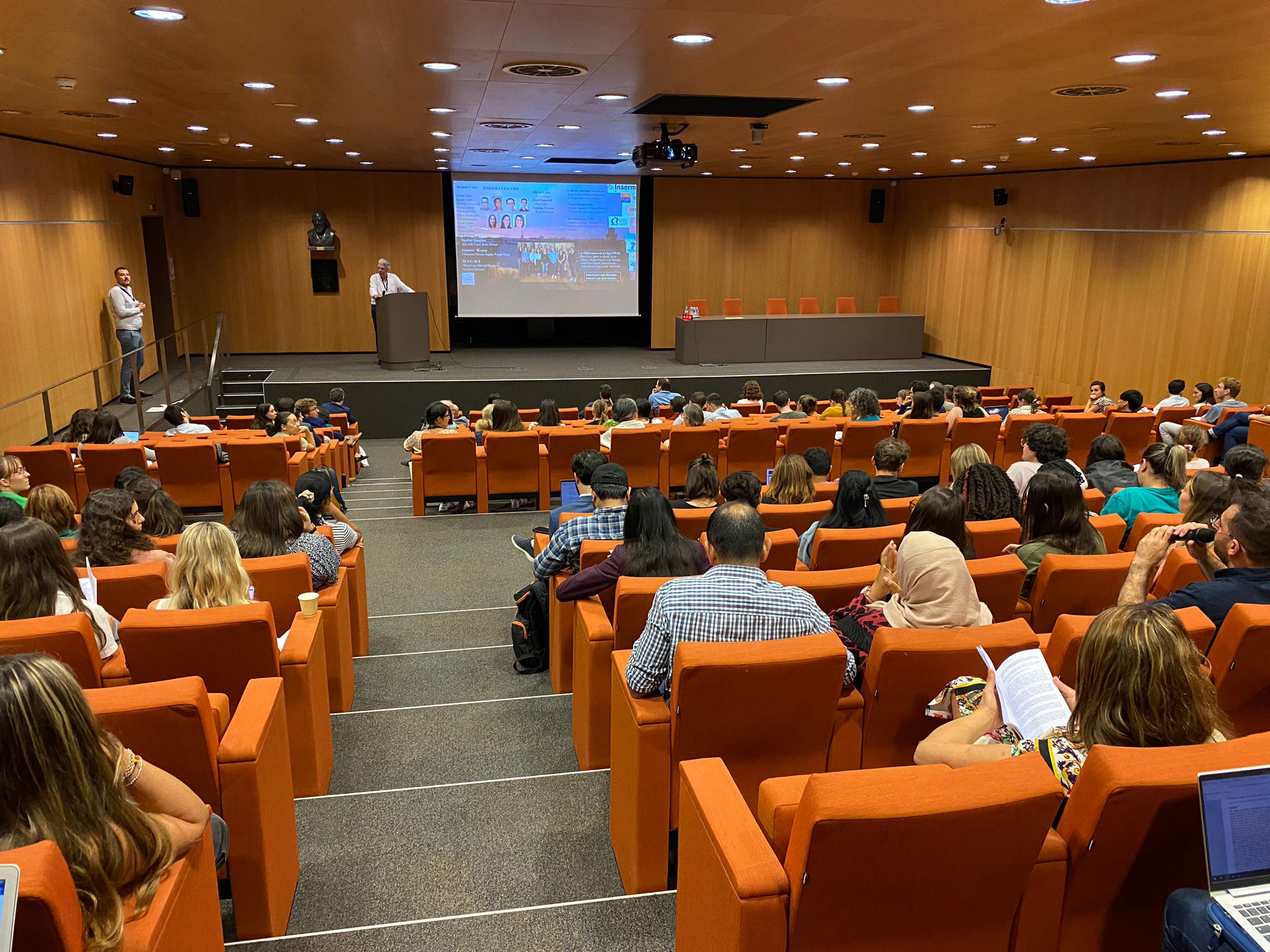
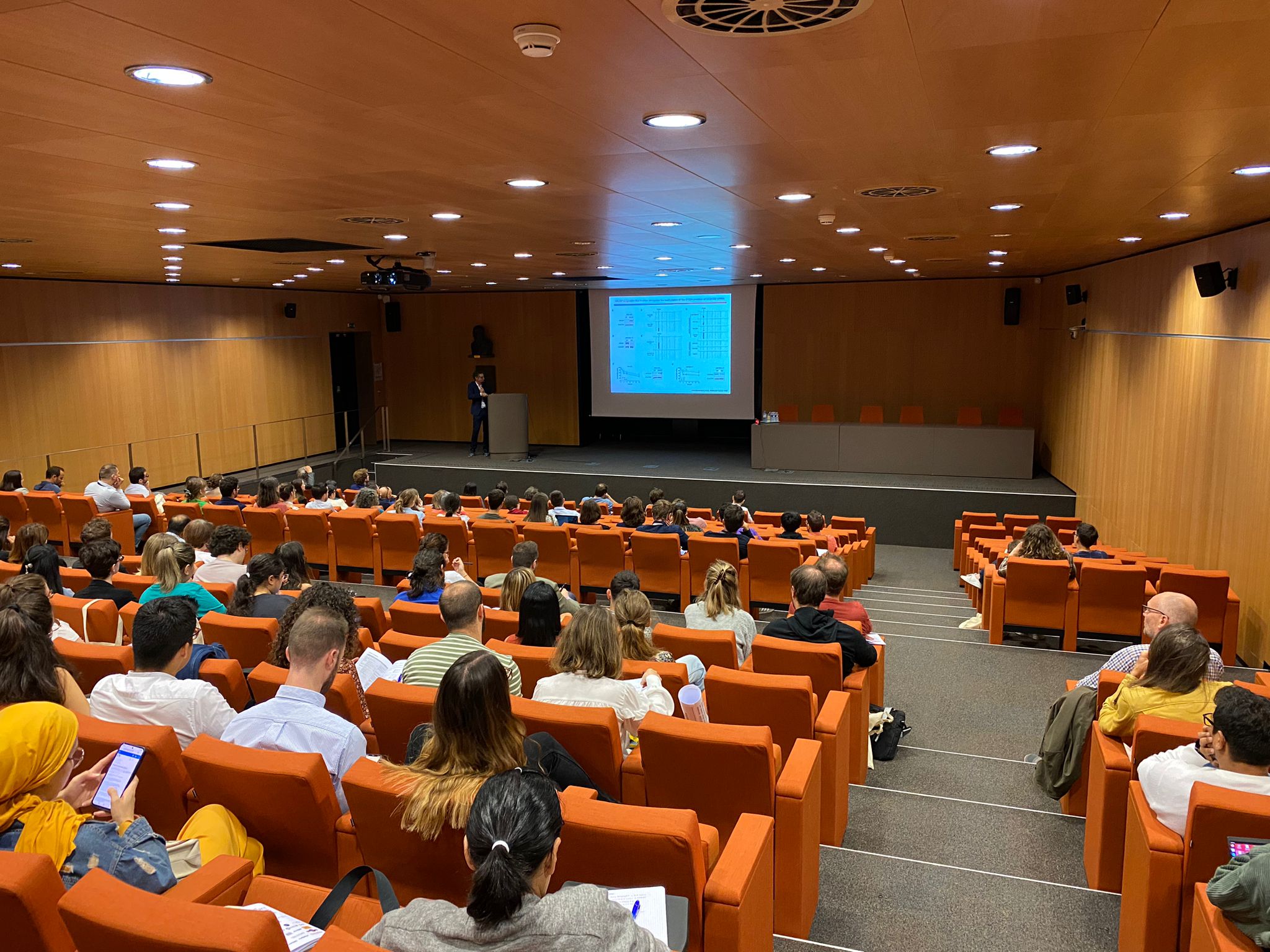
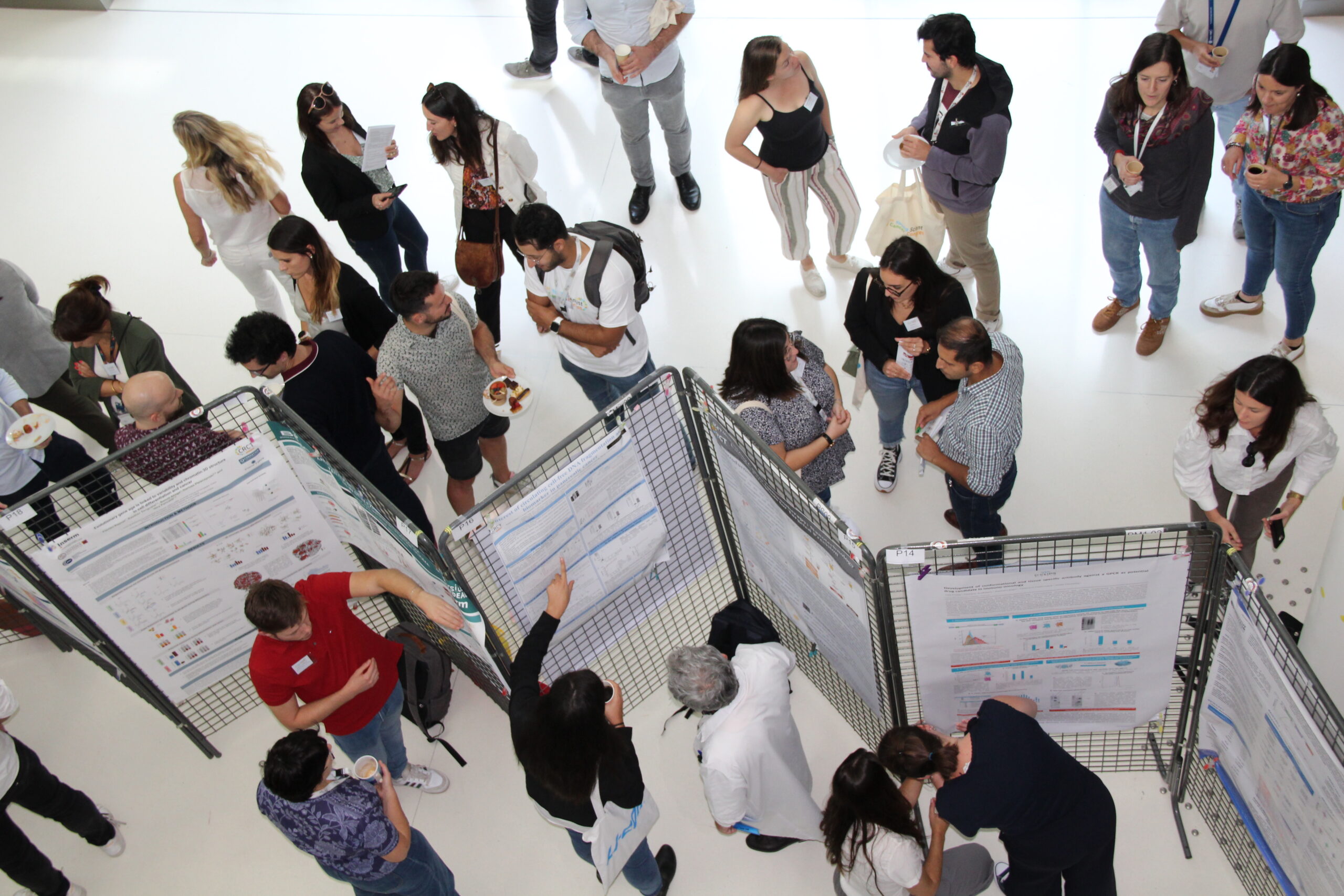
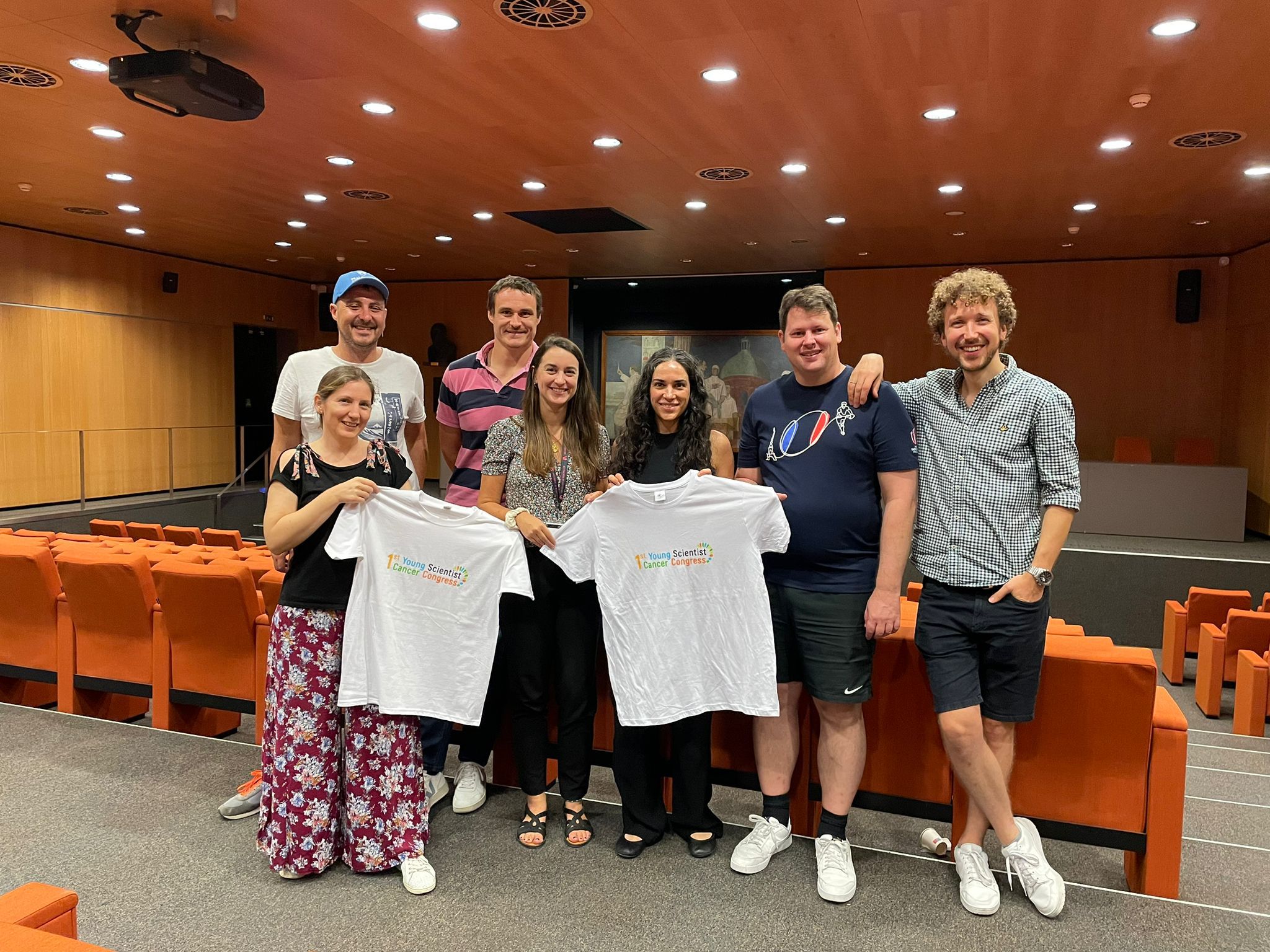
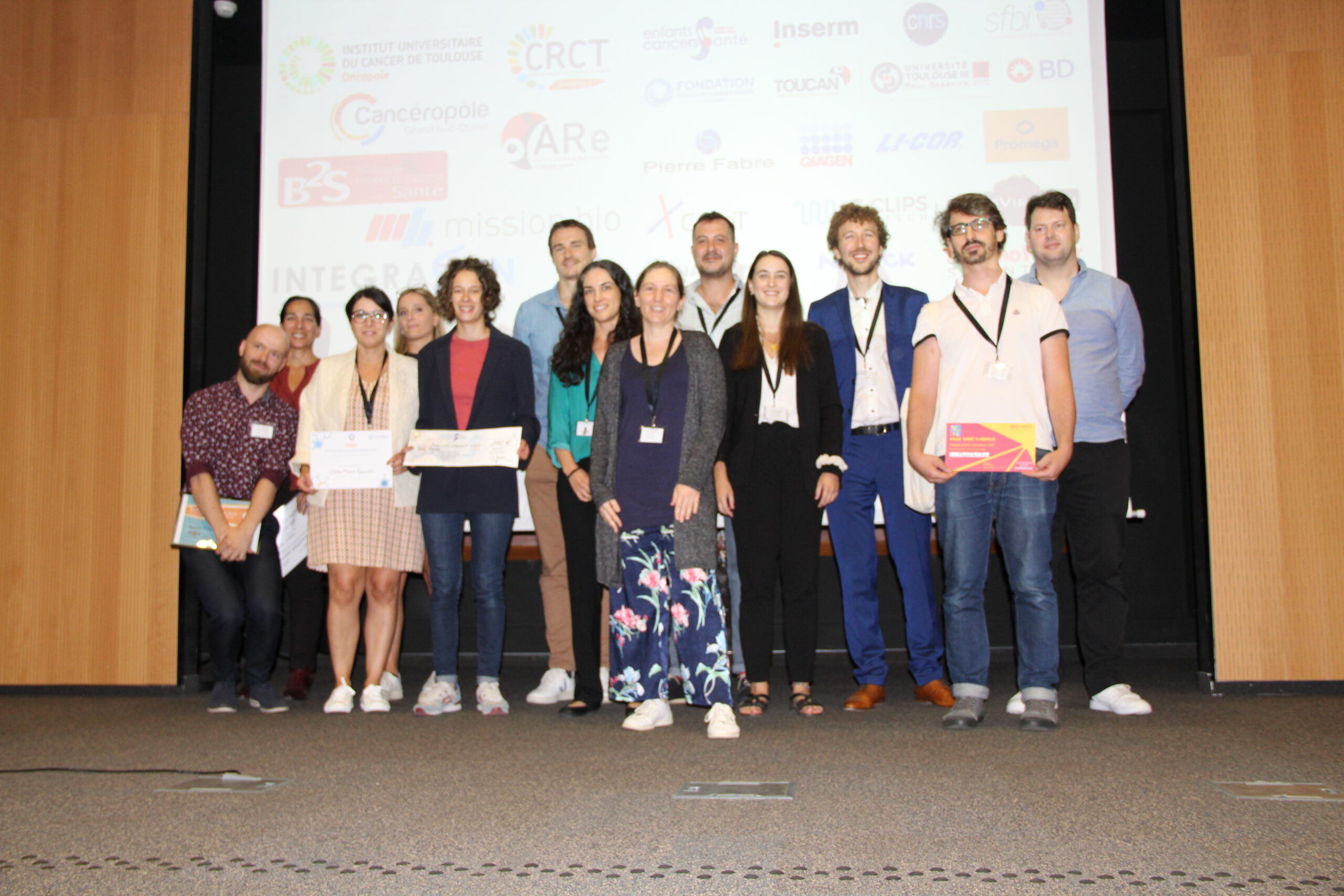
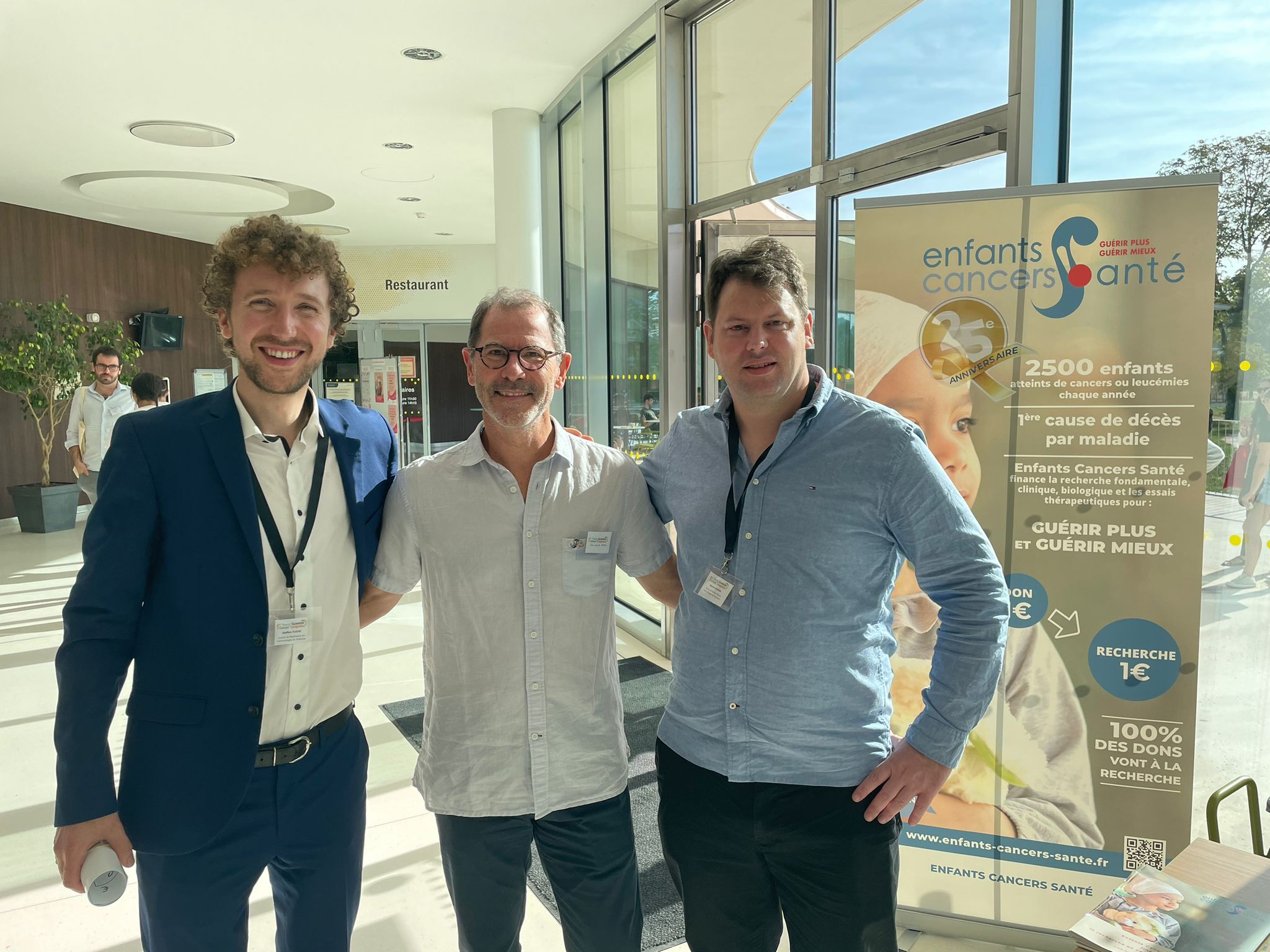
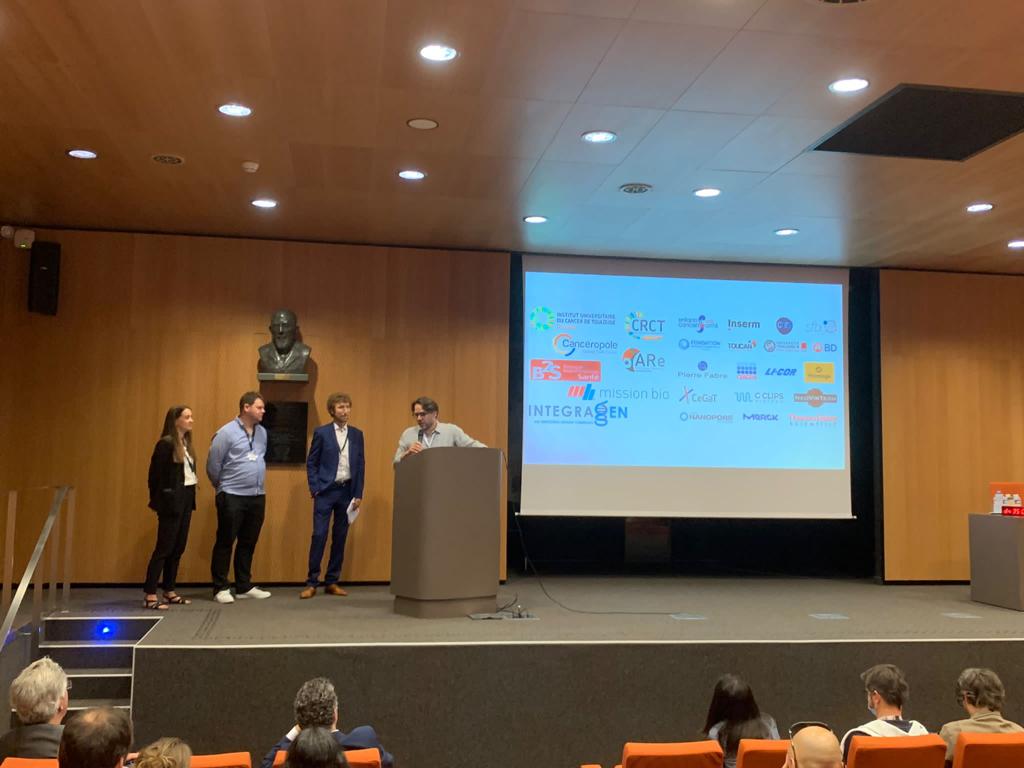
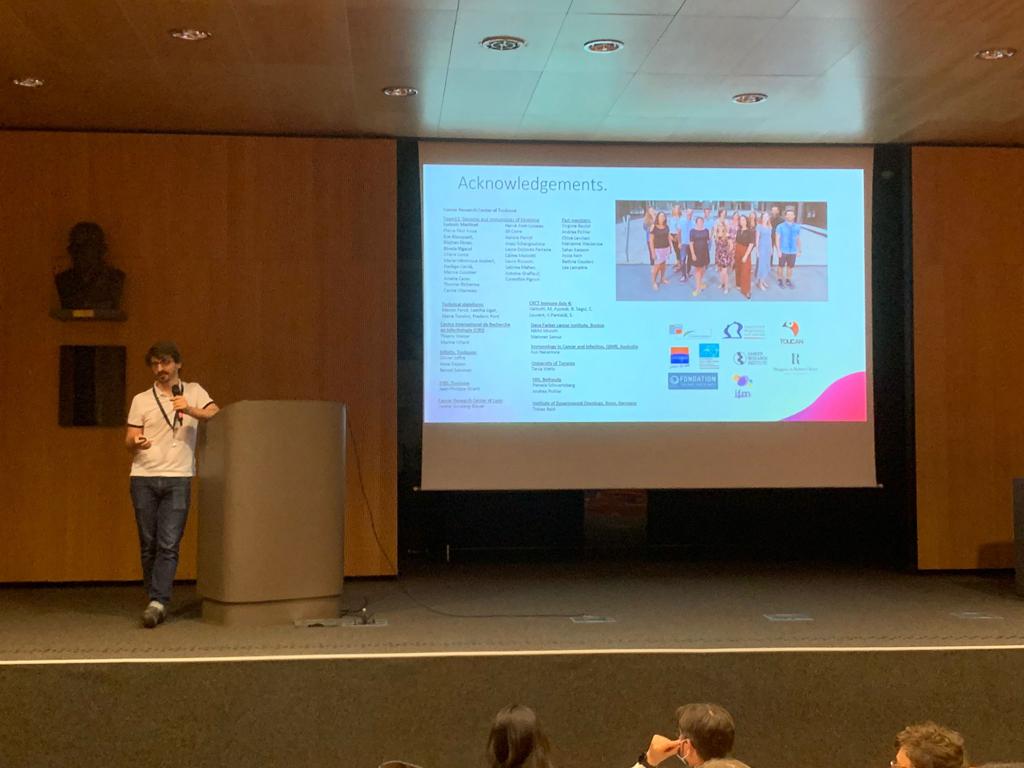
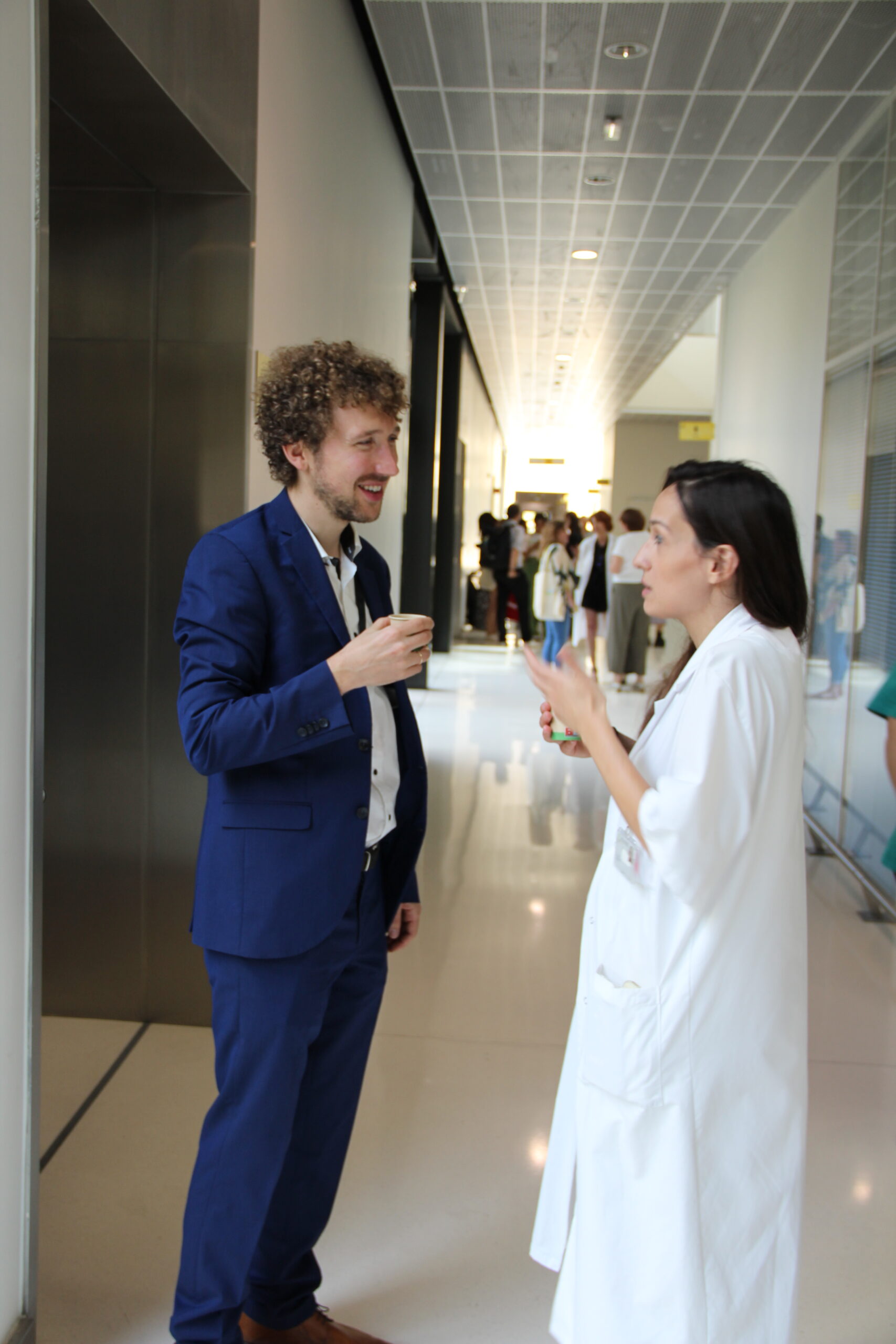
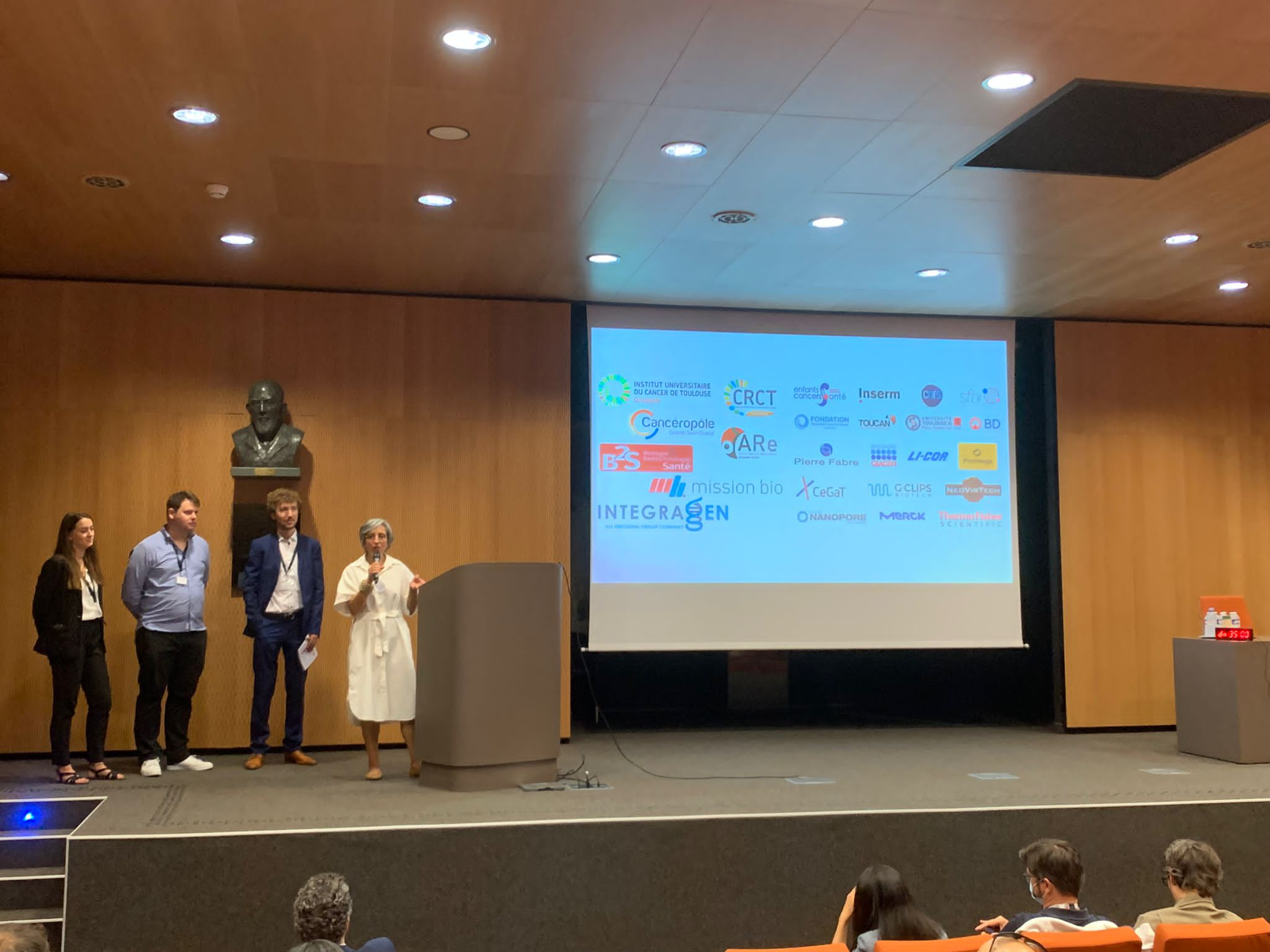
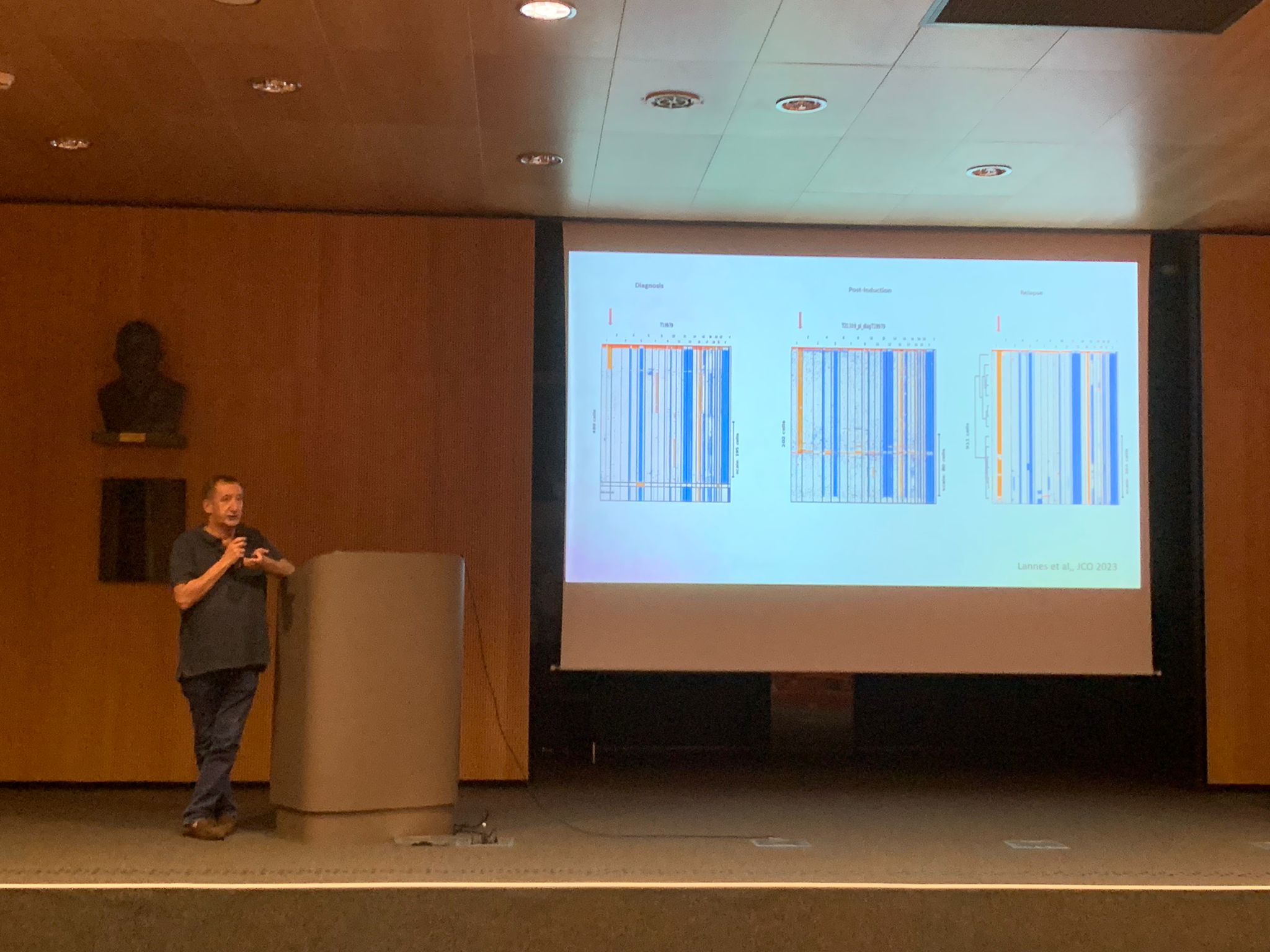
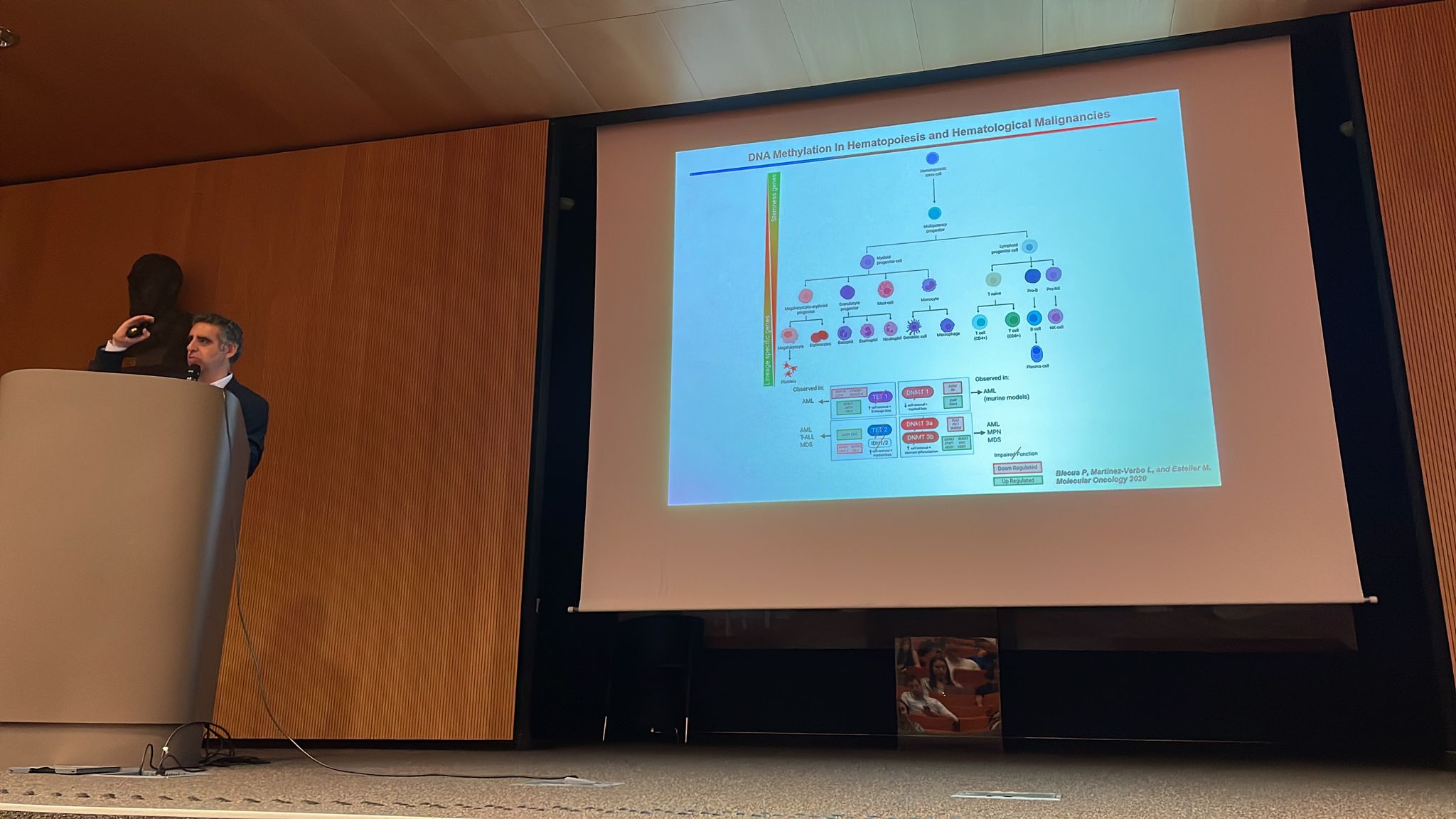
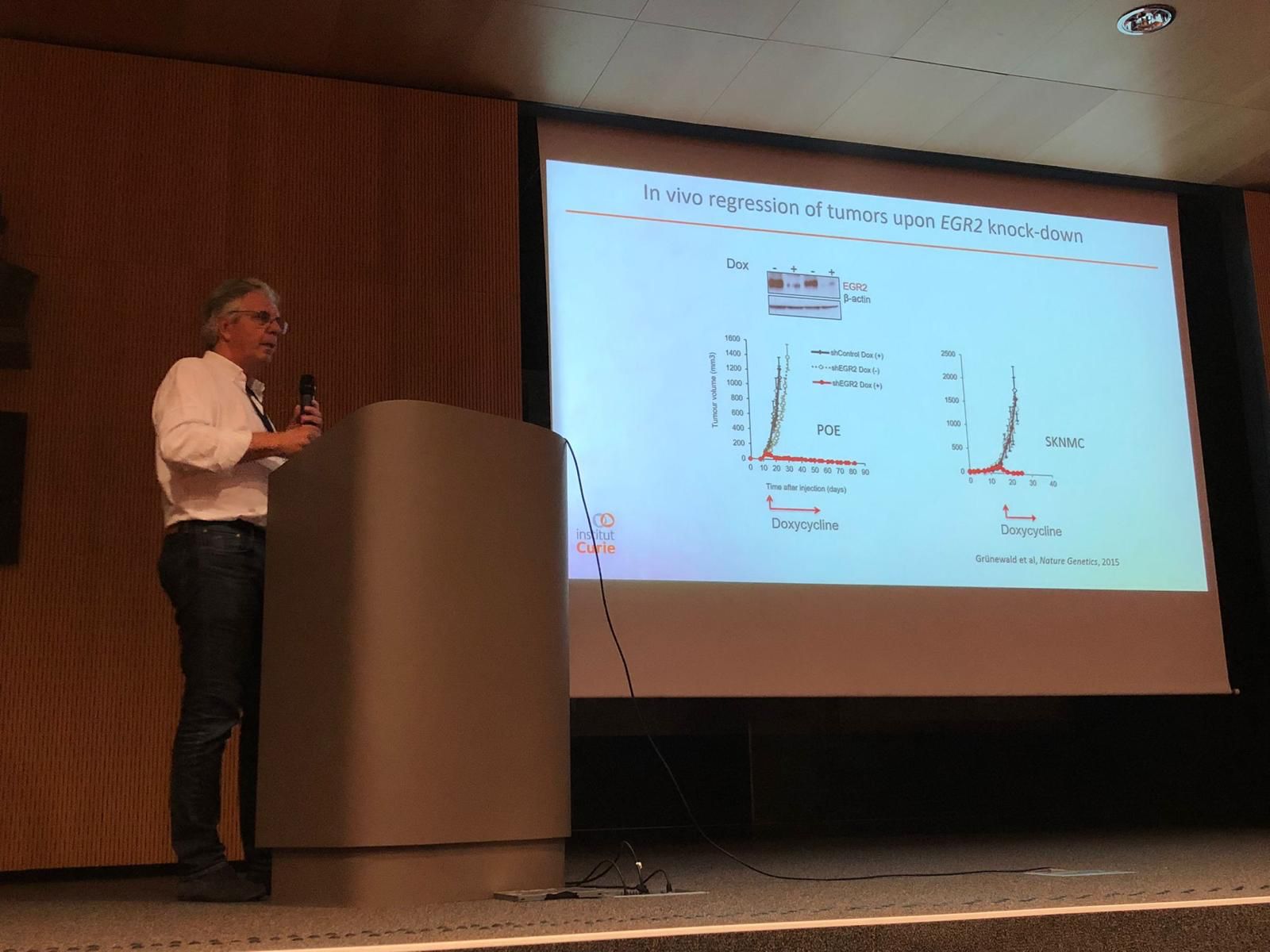
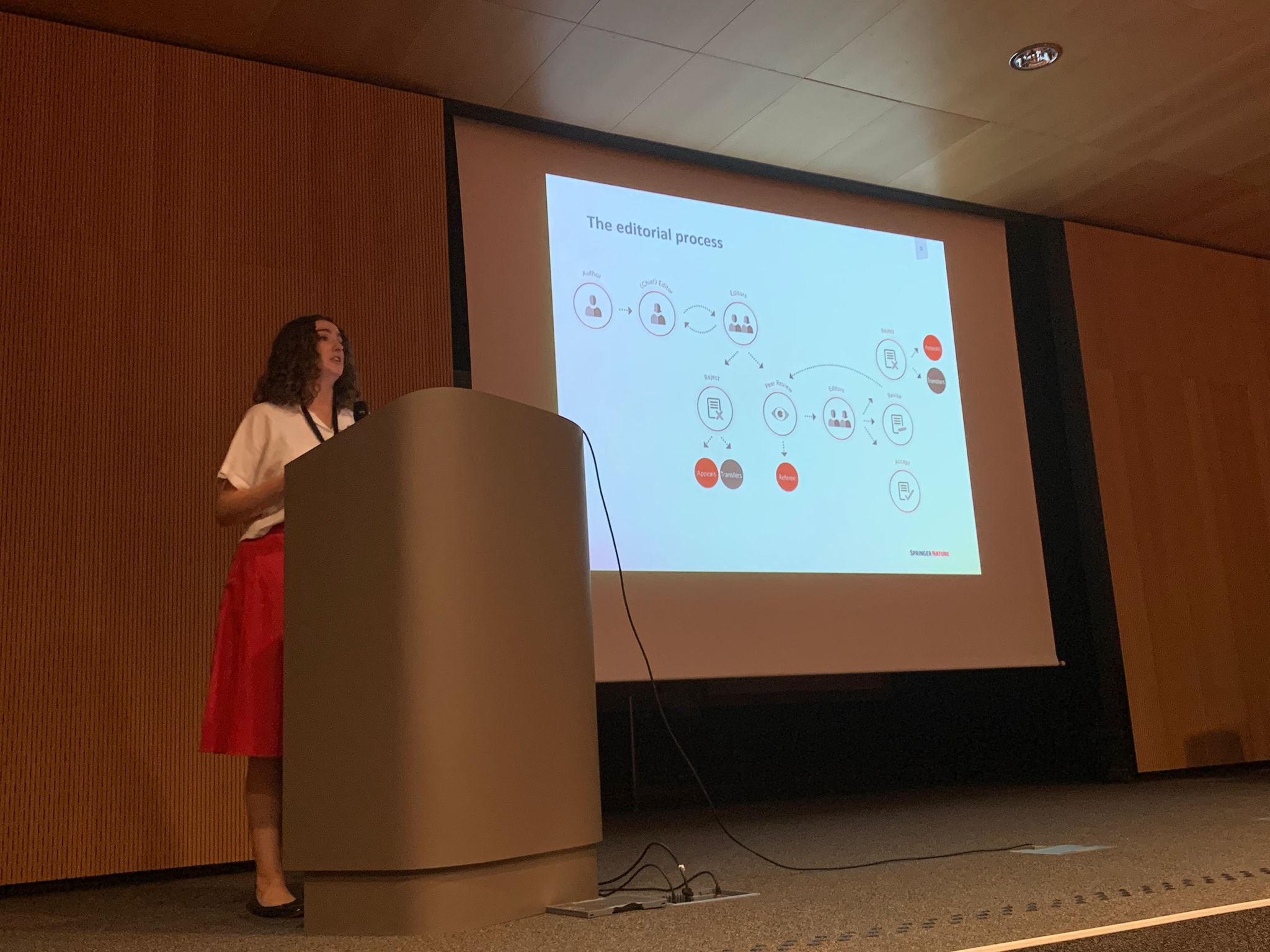
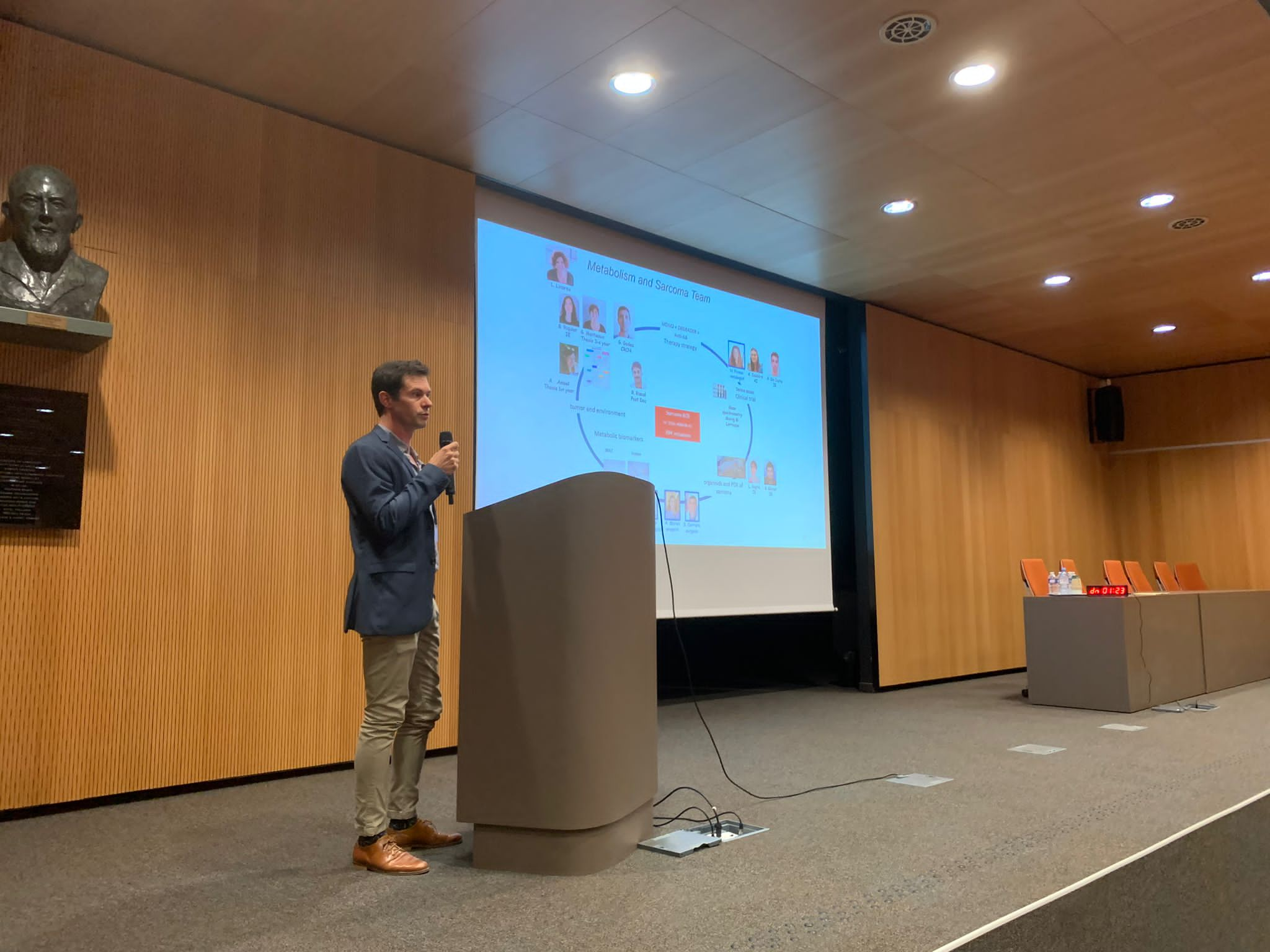
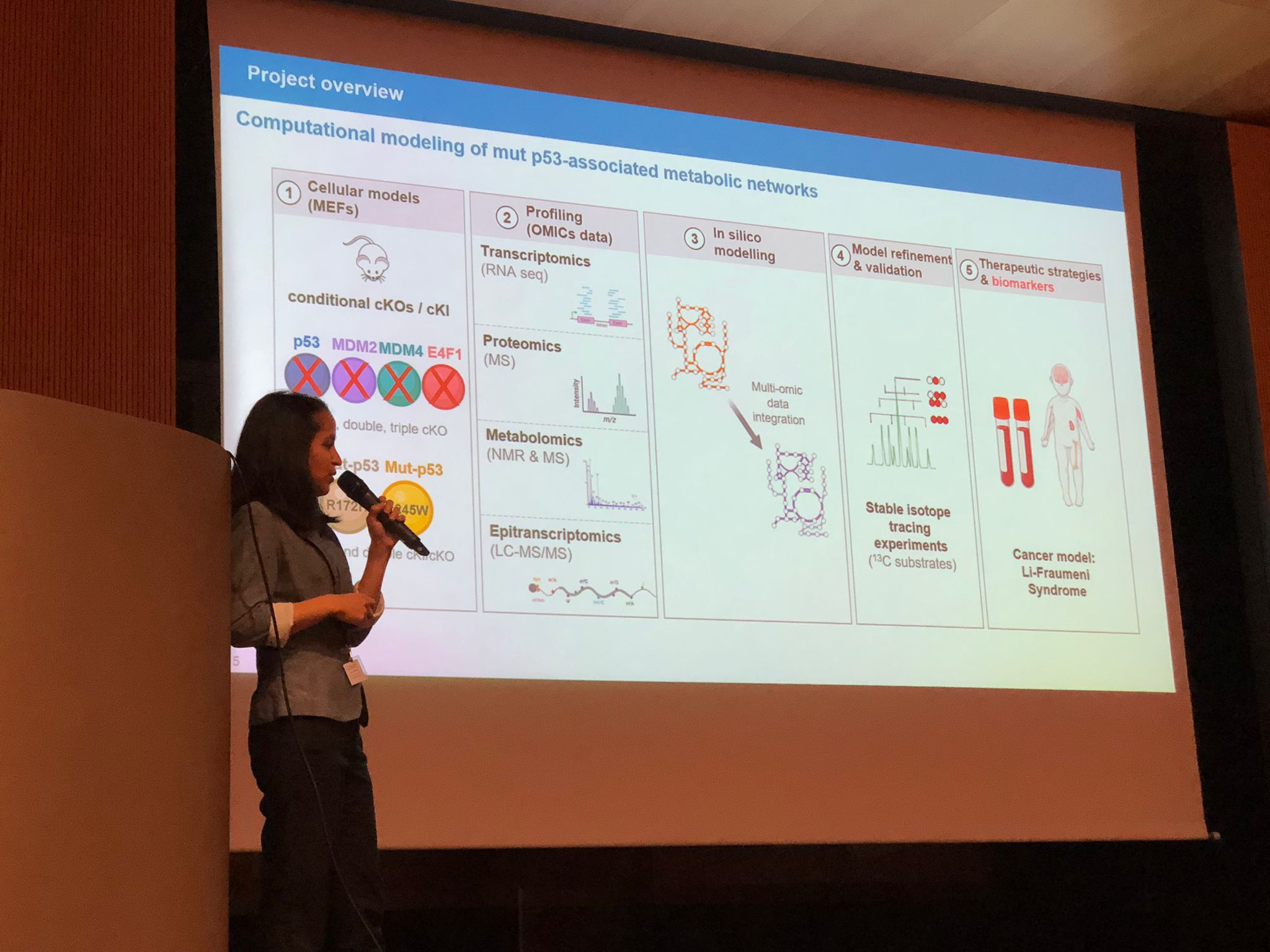
Call for abstracts of young scientists ONLY :
We invite all postdocs and young clinicians to submit abstracts for an oral presentation. Further, we invite PhD students, together with postdocs and young clinicians, to present a poster. A selection committee of GSO postdocs/young clinicians will select the best abstracts for oral presentations and posters.
Several prizes will be awarded:
- Best oral presentation awarded by Integragen and Merck
- Best 2 posters by NeoVirtech
- Best oral and poster presentation in pediatric oncology awarded by the association Enfants Cancers Santé
- Best poster presentation in cancer bioinformatics awarded by the Société Française de Bioinformatique (SFBI)
When posting on social media (Twitter/X, LinkedIn) about the conference, please use our hashtag #YS2C_GSO.
Key dates and registration :
- Deadline for submission of abstracts for oral presentations extended: July 13, 2023 (23:59) August 3, 2023 (23:59) CLOSED
- Deadline for submission of abstracts for poster presentations: September 08, 2023 (23:59) CLOSED
- Registration (obligatory) until: September 08, 2023 (23:59) CLOSED
Registration is obligatory, but free for all researchers. Please follow the instructions on the GSO web portal
The physician’s corner – a dedicated space for informal meetings between clinicians and researchers
One of our aims is to bring young clinicians and researchers together. This will foster exchange and potentially start future collaborations, all for the sake of translational research and ultimately for the patients’ benefit. This is why we will have a dedicated space during the lunch break and poster session, “the physician’s corner”, where informal discussions between clinicians and researchers can happen in a relaxed atmosphere. Use this opportunity and just come around!
Program
New research strategies for cancer therapy – from bench to bedside
8:30 Registration + Welcome coffee
9:00 Welcome address
Session 1: Cancer epigenomics and beyond
Session chairs:
Steffen Fuchs, Cancer Research Center of Toulouse, France
Sara Ovejero, Institut de Génétique Humaine, Montpellier, France
09:15-10:00 Keynote 1: Manel Esteller, Josep Carreras Leukaemia Research Institute (IJC), Barcelona, Spain
Cancer Epigenomics and Epitranscriptomics with a Single-Cell Twist.
10:00-10:20: Oriana Villafraz, Institut de Recherche en Cancérologie de Montpellier, France
Metabolic networks regulated by Mut-p53: an integrated approach to design new therapeutic strategies
10:20-11:10 Coffee break
11:10-11:20 Tech Talk by Elodie Lallet, IntegraGen, Evry, Paris, France
From tumor to treatment, OncoDEEP® kit : a comprehensive oncology NGS panel including powerful bioinformatics tools
Session 2: Single-cell technologies and their applications to dissect cancer heterogeneity
Session chairs:
Julie Ripoll, Laboratoire d’Informatique, de Robotique et de Microélectronique de Montpellier, France
Steffen Fuchs, Cancer Research Center of Toulouse, France
11:20-11:40: Pierre-Paul Axisa, Cancer Research Center of Toulouse, France
Dissecting natural killer cells dysfunction in multiple myeloma
11:40-11:50 Tech Talk by Gema Fuerte, Field Application Scientist Manager, Mission Bio, CA, USA
Unleashing the Power of Single-Cell Multi-Omic DNA and Immunophenotype Profiling: Revolutionizing Precision Medicine and Shaping Next-Generation Therapies
11:50-12:00 Hervé Avet-Loiseau, Cancer Research Center of Toulouse, Institute Universitaire de Cancer Toulouse-Oncopole, France
Early clonal study in Multiple Myeloma
12:00-14:15 Poster session, company desks (present during the whole day), lunch buffet and Physician’s corner
Session 3: Cancer plasticity and heterogeneity
Session chairs:
Benoît Aliaga, Cancer Research Center of Toulouse, France
Pierre-François Roux, Institut de Recherche en Cancérologie de Montpellier, France
14:15-15:00 Keynote 2: Olivier Delattre, Institute Curie, Paris, France
Ewing sarcoma, a paradigm for cell reprogramming in cancer
15:00-15:20: Adrien Latge, Institute Universitaire de Cancer Toulouse-Oncopole, France
68Ga DOTATOC PET-CT and 123I-mIBG scan discordances in a refractory case of pediatric neuroblastoma: tumor heterogeneity with implications for patient management
15:20-15:40: Alix Bouillin, Institut du cancer de Montpellier
Institut de Recherche en Cancérologie de Montpellier
New biomarkers in liposarcomas: a metabolic approach.
15:40-16:10 The editor’s perspective: Kathryn McGinnis, Associate Editor, Nature Communications
16:10-16:40 Coffee break
Session 4: Cancer dependencies and drug development
Session chairs:
Chloé Bessière, Cancer Research Center of Toulouse, France
Benjamin Bonnard, Bordeaux Institute of Oncology, France
16:40-17:00: Julie Giraud, ImmunoConcEpT Bordeaux, France
Expansion of TREM1+ regulatory myeloid cells in steatohepatitis-HCC associates with poor prognosis and resistance to immune checkpoint blockade
17:00-17:20: Clara Maria Scarlata, Cancer Research Center of Toulouse, France
T-cell exhaustion is an independent predictive biomarker of clinical outcome in high grade serous ovarian cancer regardless of homologous recombination deficiency status
17:20-18:05 Keynote 3: Francesco Iorio, Wellcome Sanger Institute, Cambridge, UK; Human Technopole, Milano, Italy
Optimisation and drug-discovery oriented analyses of CRISPR-Cas9 screens.
18:05-18:20 Closing remarks and ceremony of poster & oral presentation awards
Directly afterwards: Get-together & Icebreaker (at the CRCT)
Speakers
Professor Manel Esteller, M.D., Ph.D.
Director, Josep Carreras Leukemia Research Institute
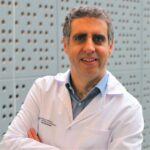 Manel Esteller graduated in Medicine from the Universidad de Barcelona in 1992, where he also obtained his Ph.D. degree specialising in molecular genetics of endometrial carcinoma, in 1996. He was an Invited Researcher at the School of Biological and Medical Sciences at the University of St. Andrews, (Scotland, UK) during which time his research interests focused on the molecular genetics of inherited breast cancer. From 1997 to 2001, Esteller was a Postdoctoral Fellow and a Research Associate at the Johns Hopkins University and School of Medicine, (Baltimore, USA) where he studied DNA methylation and human cancer. His work was decisive in establishing promoter hypermethylation of tumour suppressor genes as a common hallmark of all human tumours.
Manel Esteller graduated in Medicine from the Universidad de Barcelona in 1992, where he also obtained his Ph.D. degree specialising in molecular genetics of endometrial carcinoma, in 1996. He was an Invited Researcher at the School of Biological and Medical Sciences at the University of St. Andrews, (Scotland, UK) during which time his research interests focused on the molecular genetics of inherited breast cancer. From 1997 to 2001, Esteller was a Postdoctoral Fellow and a Research Associate at the Johns Hopkins University and School of Medicine, (Baltimore, USA) where he studied DNA methylation and human cancer. His work was decisive in establishing promoter hypermethylation of tumour suppressor genes as a common hallmark of all human tumours.
From October 2001 to September 2008 Manel Esteller was the Leader of the CNIO Cancer Epigenetics Laboratory, where his principal area of research were the alterations in DNA methylation, histone modifications and chromatin in human cancer. Dr Esteller was the Director of the Cancer Epigenetics and Biology Program (PEBC) in Barcelona (2008-2019). He is the Director of the Josep Carreras Leukaemia Research Institute (IJC), Chairman of Genetics in the School of Medicine of the University of Barcelona, and an ICREA Research Professor. His current research is devoted to the establishment of the epigenome and epitranscriptome maps of normal and transformed cells, and the development of new epigenetic drugs for cancer therapy.
Author of more than 600 original publications in peer-reviewed scientific journals, 24 of them categorized as “Highly Cited Paper”. Dr Esteller has the highest total impact factor and the highest number of citations (81,783) among biomedical scientists in Spain. He has an h-Index of 134 by Web of Science – Clarivate Analytics and a h-Index of 166 according to Google Scholar. Dr. Esteller is considered among the Top 0.01% of World Scientists based on Impact by both the Stanford University (METRICS) and the Web of Science Group-Clarivate Analytics. He is also a Member of numerous international scientific societies, Editorial Boards and reviewer for many journals and funding agencies. Dr Esteller is also Associate Editor for Cancer Research, The Lancet Oncology, Carcinogenesis, Genome Research and The Journal of The National Cancer Institute. He is the Editor-in-Chief of Epigenetics. He is also the director of The Cancer Genome Atlas (TCGA) project for Cancer of Unknown Primary (CUP) (2018-2022) of the National Cancer Institute – National Institutes of Health (NCI-NIH) in the United States (US) and the director of The International Proteogenome Consortium (ICPC) Project “Proteogenomics of B-Cell Acute Lymphoblastic Leukemia” (2022-2023) also by the NCI.
His work has received, among other recognitions, the Carcinogenesis Award (2005), Beckman-Coulter Award (2006), Fondazione Piemontese per la Ricerca sul Cancro (FPRC) Award (2006), Swiss Bridge Award (2006), Innovation Award from the Commonwealth of Massachussets (2007), Human Frontier Science Program Award (2007), DEbiopharm-EPFL Award (2009), Dr. Josef Steiner Cancer Research Award (2009), Lilly Foundation Preclinical Biomedical Research Award (2009), World Health Summit Award (2010), European Research Council Advanced Grant (2011), “Rey Jaime I” Research Award (2013), Severo Ochoa Award in Biomedicine (2014), National Award in Oncology (2014), “Dr Josep Trueta Medal”, Catalan Goverment (2015), National Research Award of the Catalan Goverment (2015), Gold Medal, Parlament of Catalonia (2016), International Award of Catalonia (2016), Falcó Carlemany Award (2017), Innovation in Healthcare Oncology Award (2018), Lansdowne Lecture Award, University of Victoria, Canada (2019), Narcís Monturiol Medal, Catalan Government (2020), Elected Member of the Academia Europaea (2021) and the European Academy of Sciences (2021). In 2022, his discovery of cancer type-specific DNA hypermethylation profiles was selected as a Landmark Article in Cancer Research by the AACR and the National Cancer Act.
Doctor Olivier Delattre MD, Ph.D (information will follow)
Director at Cancer, Hétérogénéité, Instabilité et Plasticité – U830 – Institut Curie
 Olivier Delattre, MD, PhD was trained in pediatric oncology and in genetics. His research area mainly investigates the genetic and biology of pediatric cancers. In particular, his laboratory has identified the genetic alterations of a variety of childhood cancers including the EWS-FLI1 rearrangement in Ewing sarcoma, the SMARCB1 inactivation in rhabdoid tumors, the ALK activation mutation in neuroblastoma and the BCOR-CCNB1 fusion in Ewing-like sarcoma. He has also contributed identifying major tumor predisposing mutations or genetic susceptibility factors in neurofibromatosis type II, rhabdoid syndrome predisposition, neuroblastoma and Ewing sarcoma. His lab has also strong interest in deciphering the cellular origin of pediatric cancers and particularly Ewing sarcoma, neuroblastoma and rhabdoid tumors. Globally, the interests of his lab is to further understand the interplay between the genetic abnormalities and the specific background of the cell-of-origin. Olivier Delattre is a member of EMBO since 2011 and of Academia Europea since 2012. He received numerous awards including the Eurocancer award in 2007, Charles Oberlin award in 2009, the Leopold Griffuel award in 2016, the Grand Prix Inserm 2022, and was recently honored by the AACR-St. Baldrick’s Foundation award for outstanding achievement in pediatric cancer research.
Olivier Delattre, MD, PhD was trained in pediatric oncology and in genetics. His research area mainly investigates the genetic and biology of pediatric cancers. In particular, his laboratory has identified the genetic alterations of a variety of childhood cancers including the EWS-FLI1 rearrangement in Ewing sarcoma, the SMARCB1 inactivation in rhabdoid tumors, the ALK activation mutation in neuroblastoma and the BCOR-CCNB1 fusion in Ewing-like sarcoma. He has also contributed identifying major tumor predisposing mutations or genetic susceptibility factors in neurofibromatosis type II, rhabdoid syndrome predisposition, neuroblastoma and Ewing sarcoma. His lab has also strong interest in deciphering the cellular origin of pediatric cancers and particularly Ewing sarcoma, neuroblastoma and rhabdoid tumors. Globally, the interests of his lab is to further understand the interplay between the genetic abnormalities and the specific background of the cell-of-origin. Olivier Delattre is a member of EMBO since 2011 and of Academia Europea since 2012. He received numerous awards including the Eurocancer award in 2007, Charles Oberlin award in 2009, the Leopold Griffuel award in 2016, the Grand Prix Inserm 2022, and was recently honored by the AACR-St. Baldrick’s Foundation award for outstanding achievement in pediatric cancer research.
Olivier Delattre is Director of the Cancer Biology and Genetics department Inserm U830 and Director of the SIREDO center, a pediatric center of international stature that was created in 2017 at Institut Curie. SIREDO (French for Care, Innovation and research for children, adolescents and young adults with cancer) gathers researchers and physicians in the oncopaediatrics, adolescent and young adult fields to bring new medications to patients as quickly as possible.
Doctor Francesco Iorio Ph.D
Research Group Leader at Iorio Group, Computational Biology Research Centre, Human Technopole, Milan
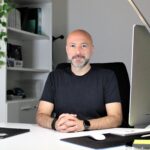 Francesco Iorio is a Research Group leader in the Computational Biology Research Centre of Human Technopole (the life science institute in Milan, Italy). His group works at the interface of biology, machine learning, statistics and information theory to understand and predict how genomic alterations and molecular traits from other omics contribute to pathological processes, biological circuits’ rewiring and impact therapeutic responses in human cancers and other diseases.
Francesco Iorio is a Research Group leader in the Computational Biology Research Centre of Human Technopole (the life science institute in Milan, Italy). His group works at the interface of biology, machine learning, statistics and information theory to understand and predict how genomic alterations and molecular traits from other omics contribute to pathological processes, biological circuits’ rewiring and impact therapeutic responses in human cancers and other diseases.
Their research aims to advance human health by designing algorithms, computational tools and novel analytical methods for integrating and analyzing pharmacogenomics and functional-genomics datasets to identify new therapeutic targets, biomarkers and drug repositioning opportunities.
The Iorio Group is contributing to creating a comprehensive map of all the genetic dependencies in human cancers and developing a computational infrastructure for translating this map into guidelines for early-stage drug development and precision medicine.
They design, implement and maintain bioinformatics methods and original tools for the assessment of cancer pre-clinical models, the pre-processing, analysis and visualization of genome-editing screening data for the in-silico correction of new-technology-specific biases in such data, and the optimisation of single guide RNA libraries for pooled CRISPR-Cas9 screens and other experimental settings.
They are also interested in big-data analytics, developing biomedical predictive models based on non-biomedical data, and computationally efficient constrained randomisation strategies for testing combinatorial properties in large-scale genomic datasets and networks.
Doctor Kathryn McGinnis, Ph.D
Associate Editor, Nature Communications
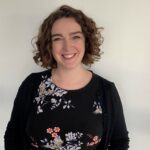
 Kathryn joined Nature Communications as an Associate Editor in 2021. She studied the role of steroids in brain cancer using bulk and single cell RNA-sequencing during her PhD and subsequent post-doc at the University of Leeds, UK. She previously received her BSc in Immunology at the University of Glasgow, and MSc working in industry within stem cell banking. Kathryn handles manuscripts surrounding the use of -omics technologies in cancer, particularly in the field of biomarkers of treatment response.
Kathryn joined Nature Communications as an Associate Editor in 2021. She studied the role of steroids in brain cancer using bulk and single cell RNA-sequencing during her PhD and subsequent post-doc at the University of Leeds, UK. She previously received her BSc in Immunology at the University of Glasgow, and MSc working in industry within stem cell banking. Kathryn handles manuscripts surrounding the use of -omics technologies in cancer, particularly in the field of biomarkers of treatment response.
Gema Fuerte, MSc
Field Application Scientist Manager, Mission Bio
![]()
Todd Druley, MD, PhD established his career as a board-certified pediatric oncologist and tenured physician-scientist in molecular genomics at Washington University School of Medicine and St. Louis Children’s Hospital. Todd’s research program focused on improving molecular diagnostics for a variety of cancers, but specifically myeloid leukemia. He has published over 60 peer reviewed manuscripts, patented error-corrected NGS methods to improve AML MRD detection by next-generation sequencing and built clinical programs based on genetic predisposition to cancer. Prior to joining Mission Bio, he served as CMO of ArcherDX and ANGLE Biosciences since 2019.
Mission Bio is a genomic company based in San Francisco which develops and commercializes a complete cutting edge single-cell multi-omics offer which integrating genotype and phenotype, enabling researchers and clinicians to unlock single-cell biology to enable the discovery, development, and delivery of precision medicine. Tapestri platform allows Single-Cell multi-omics analysis with simultaneous detection of SNVs, CNVs, and cell-surface proteins, therefore enabling researchers to accurately characterize the mutational landscape of a population and reveal the impact of co-mutations, DNA methylation and zygosity state on cell-surface protein expression.
Professor Hervé Avet-Loiseau, MD, PhD
CRCT, IUCT-O, Toulouse
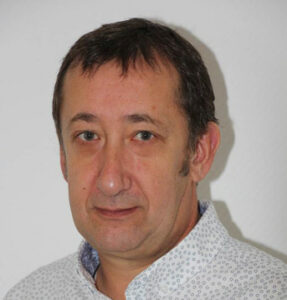 Hervé Avet-Loiseau, MD, PhD, has been Head of the Laboratory for Genomics in Myeloma at the University Hospital Center of Toulouse, France, since September 2012. Before that he was the Head of the Haematology Laboratory of the University Hospital of Nantes, France, a position he had held since 2008.
Hervé Avet-Loiseau, MD, PhD, has been Head of the Laboratory for Genomics in Myeloma at the University Hospital Center of Toulouse, France, since September 2012. Before that he was the Head of the Haematology Laboratory of the University Hospital of Nantes, France, a position he had held since 2008.
He received his medical degree with a specialization in paediatric haematology in 1990. After pursuing a postdoctoral fellowship in the laboratory of Dr. Joe Gray in San Francisco, CA, USA, he moved into the area of biological haematology in 1995 and subsequently specialized in cytogenetics. He received his PhD in 1998 and became Professor of Haematology in 2001.
Professor Hervé Avet-Loiseau is highly involved in the Intergroupe Francophone du Myélome (IFM), and as the current Chairman he leads all biological studies. Most of his research studies are based on the analysis of genetic/genomic abnormalities observed in malignant plasma cells using different technologies, including fluorescence in situ hybridization (FISH), gene expression profiling, single nucleotide polymorphism (SNP) arrays, and next-generation sequencing (NGS).
Elodie Lallet, MSc
Key Account Manager, IntegraGen
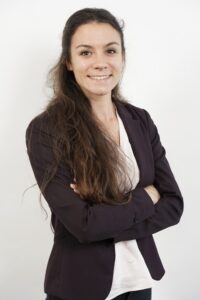
 Elodie Lallet joined IntegraGen in 2014 as a technology development engineer, where she worked on implementing new technologies and innovative solutions. In 2020, she joined IntegraGen’s sales department, taking care of the South of France. IntegraGen, part of the OncoDNA group, is a French genomics and theranostics company specialized in precision medicine for cancer treatment. IntegraGen helps clinicians, researchers and biopharmaceutical companies analyze molecular complexity, with the mission of providing access to precision medicine for the patient.
Elodie Lallet joined IntegraGen in 2014 as a technology development engineer, where she worked on implementing new technologies and innovative solutions. In 2020, she joined IntegraGen’s sales department, taking care of the South of France. IntegraGen, part of the OncoDNA group, is a French genomics and theranostics company specialized in precision medicine for cancer treatment. IntegraGen helps clinicians, researchers and biopharmaceutical companies analyze molecular complexity, with the mission of providing access to precision medicine for the patient.
Organizers
Organizer team:
Volunteers
Pratical informations
Location :
The conference will take place at the IUCT (Institut Universitaire du Cancer de Toulouse, https://www.iuct-oncopole.fr/en/) amphitheater. The poster session and the lunch buffet will take place in proximity to the amphitheater. The apéro/icebreaker after the conference, will take place at the CRCT, first floor, which is directly accessible from the IUCT.

Centre de Recherches contre le Cancer de Toulouse (Oncopole)
Toulouse - FR
Suivez nous sur les réseaux sociaux
Nous contacter
+33 5 82 74 15 75
Nous rejoindre ?
